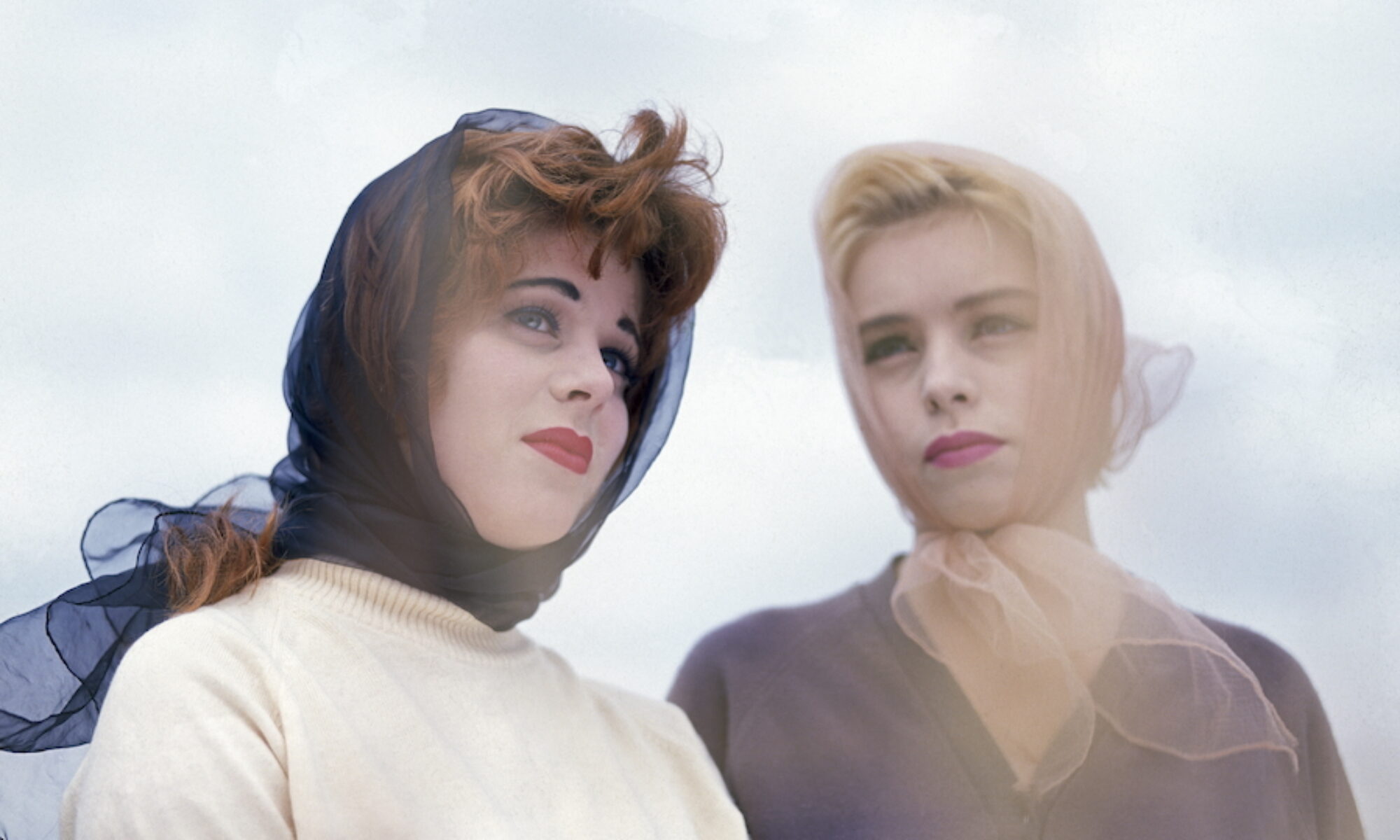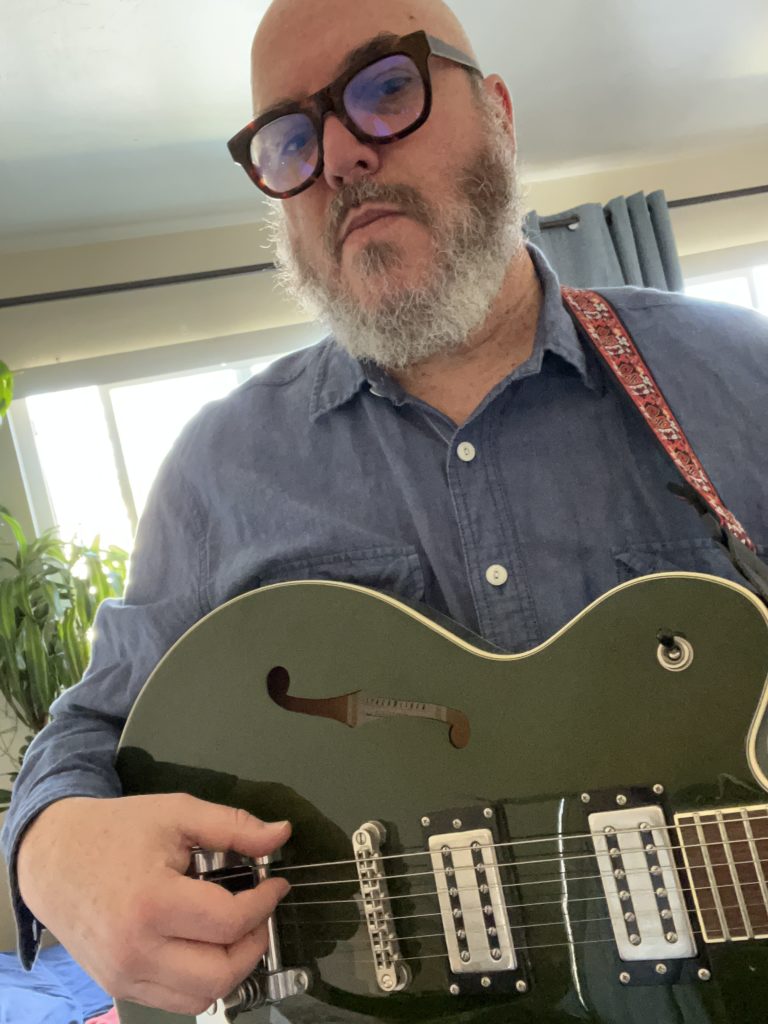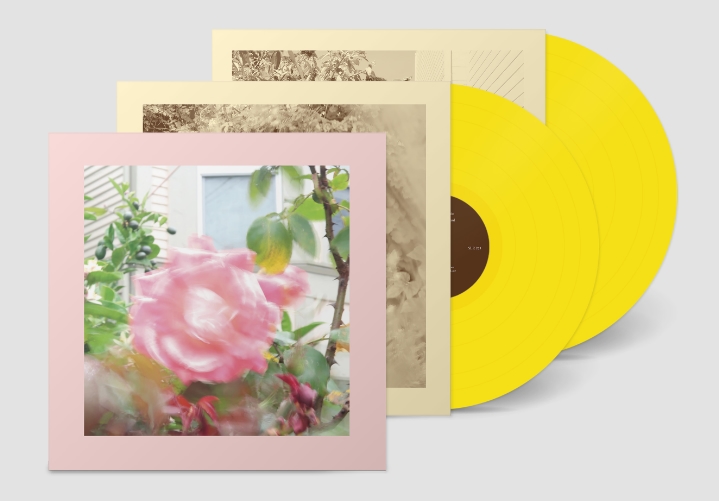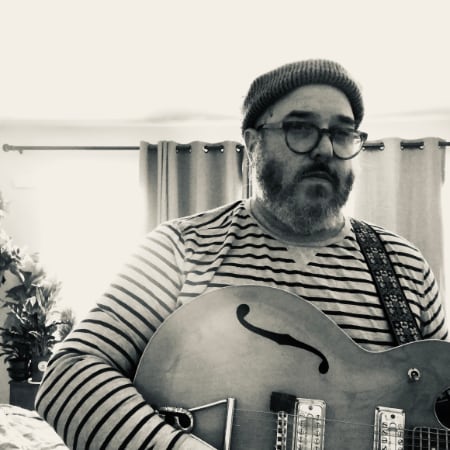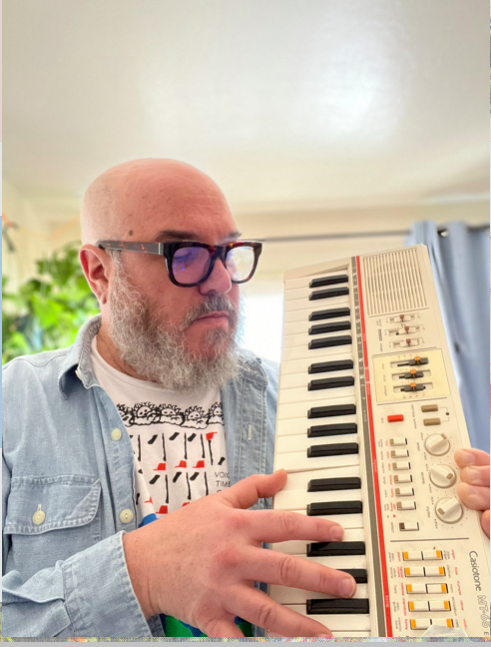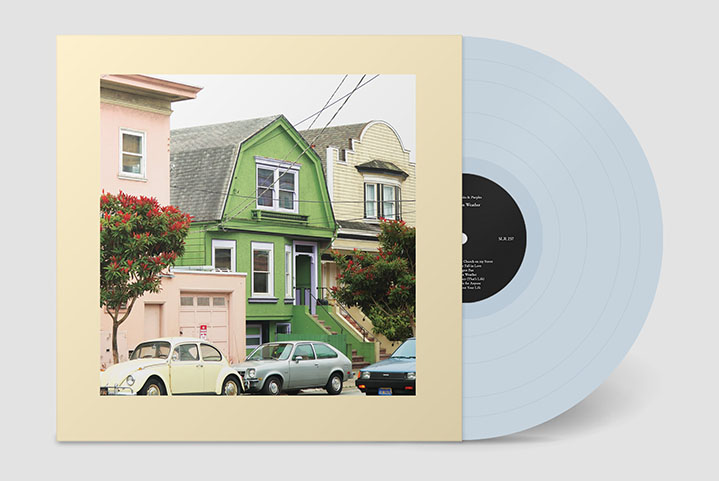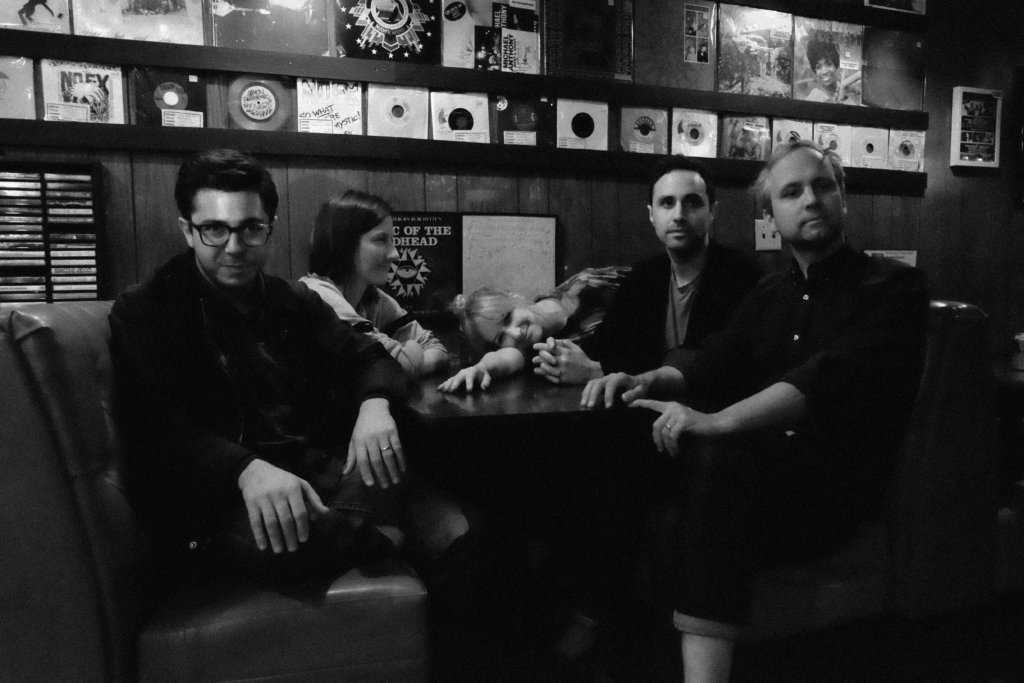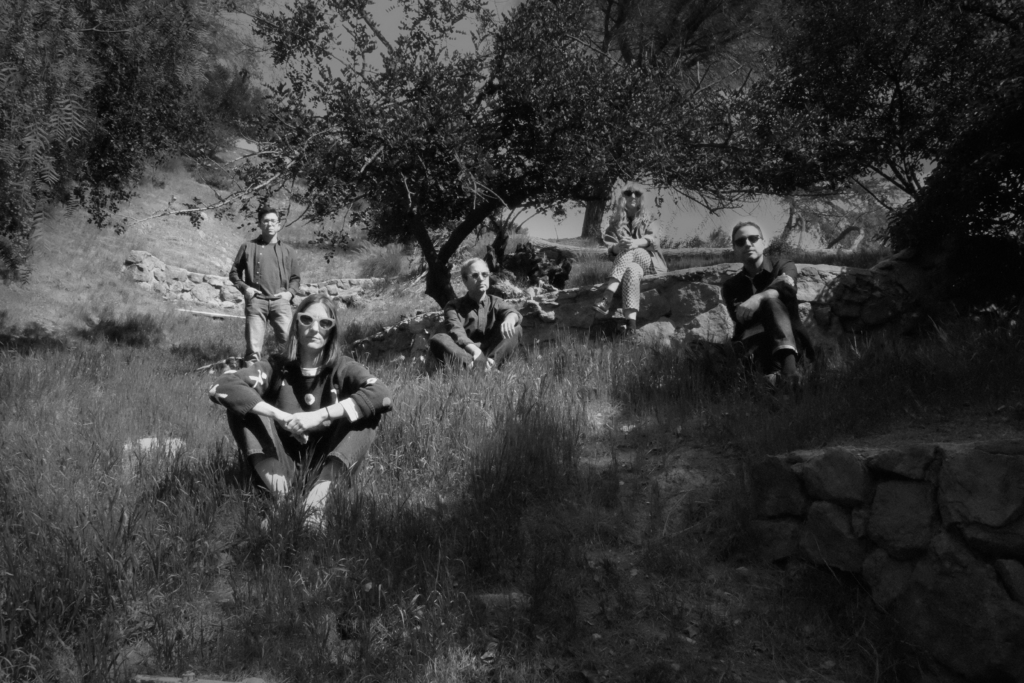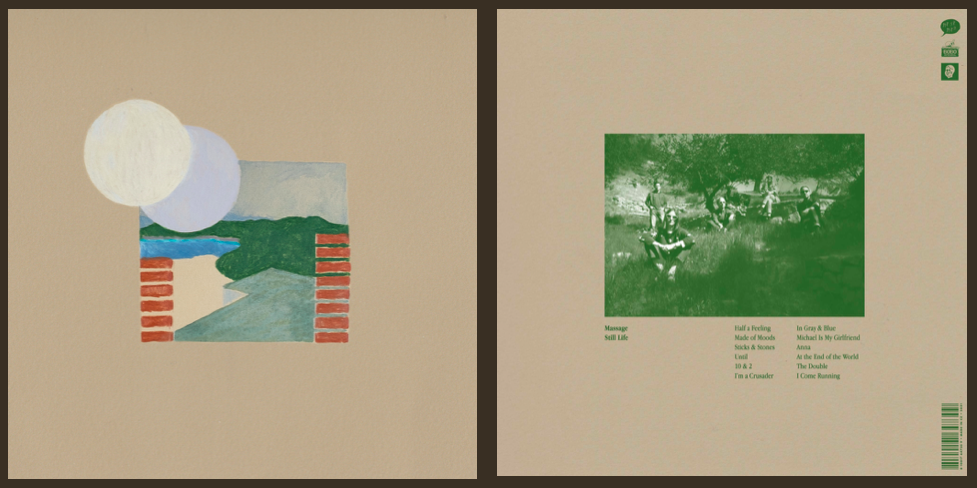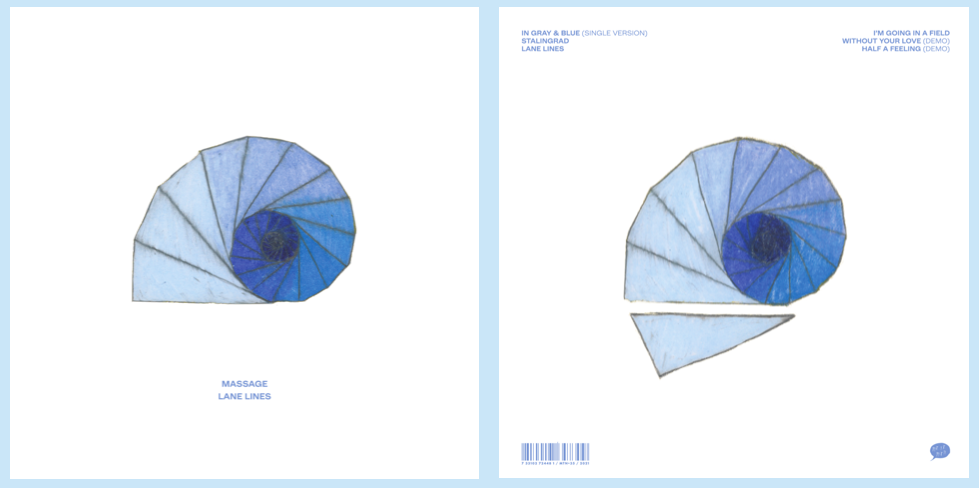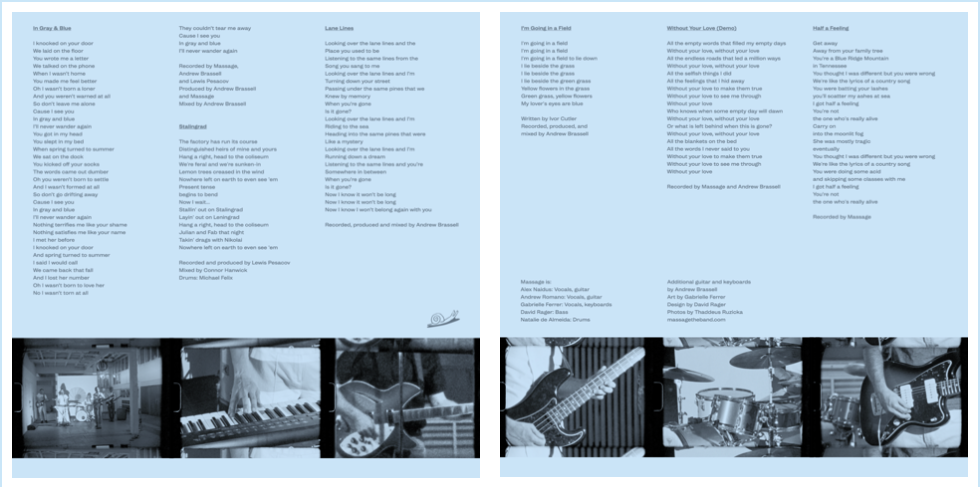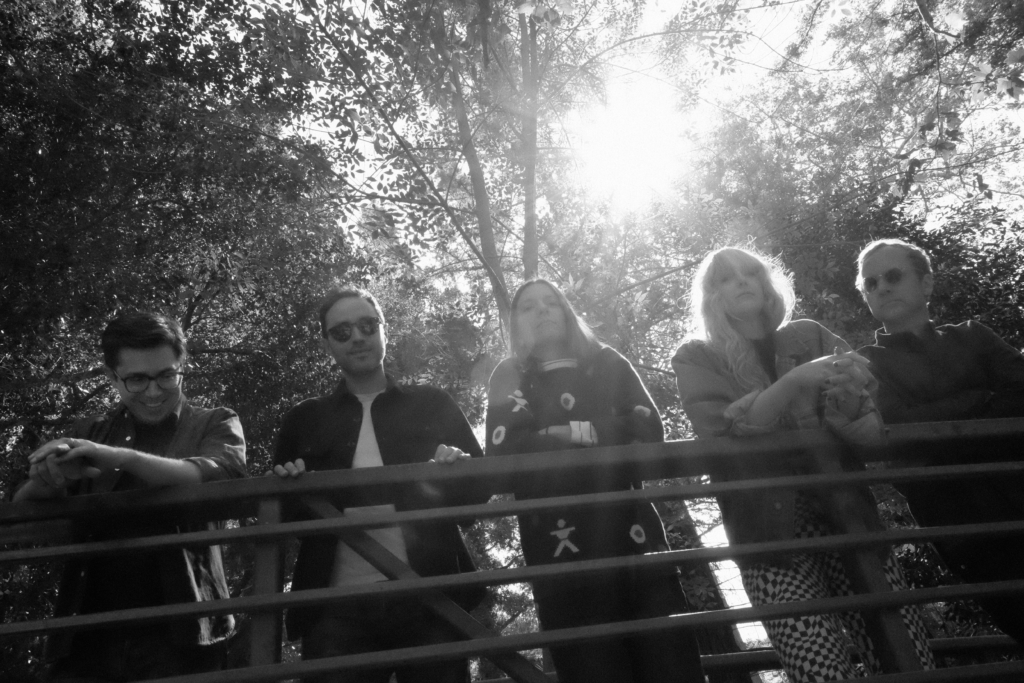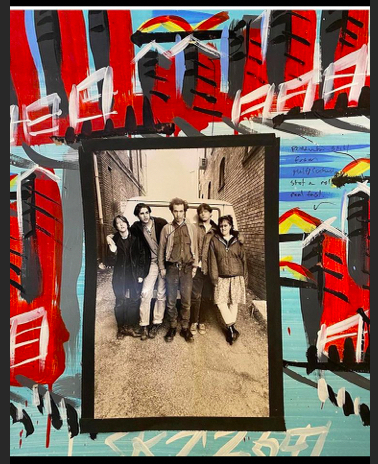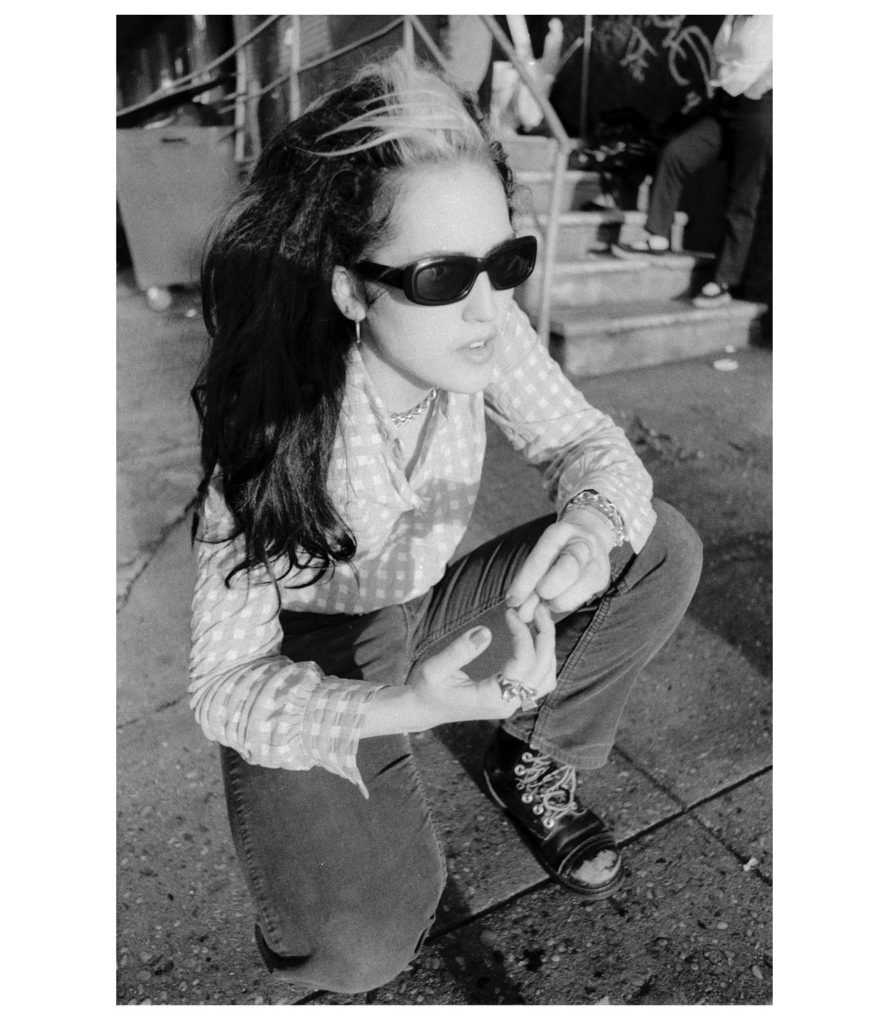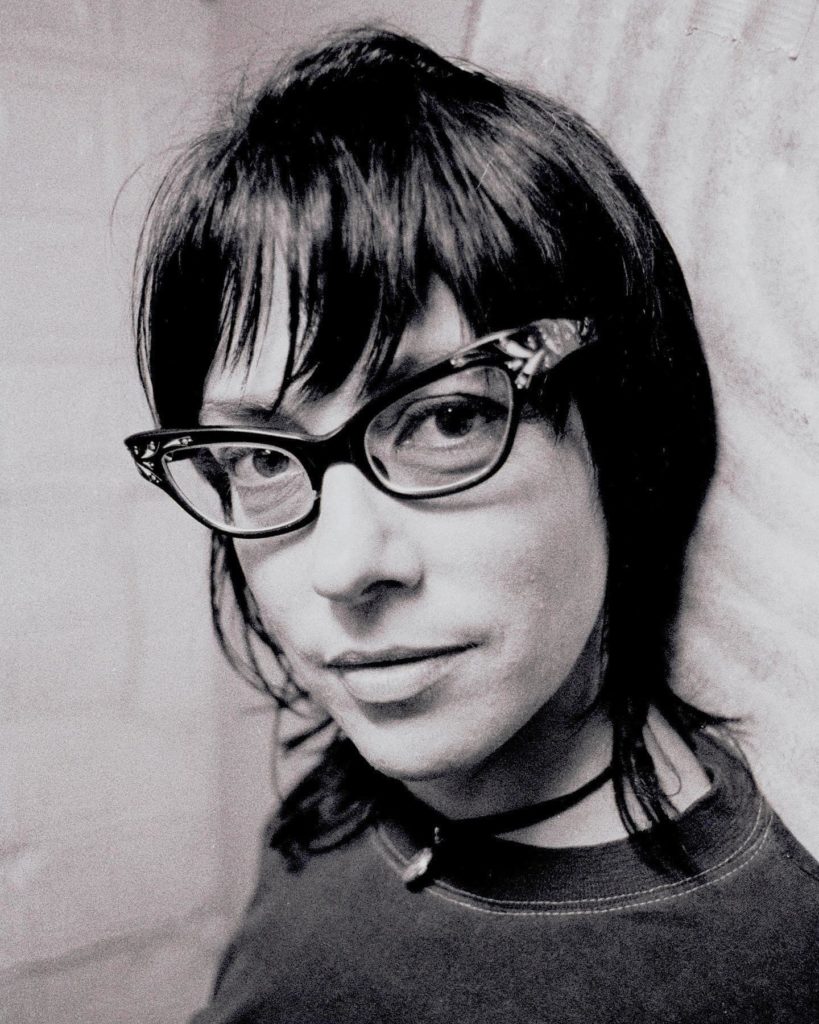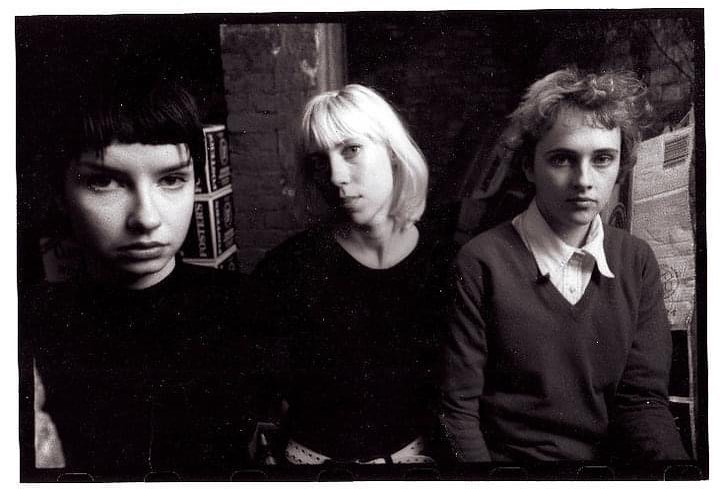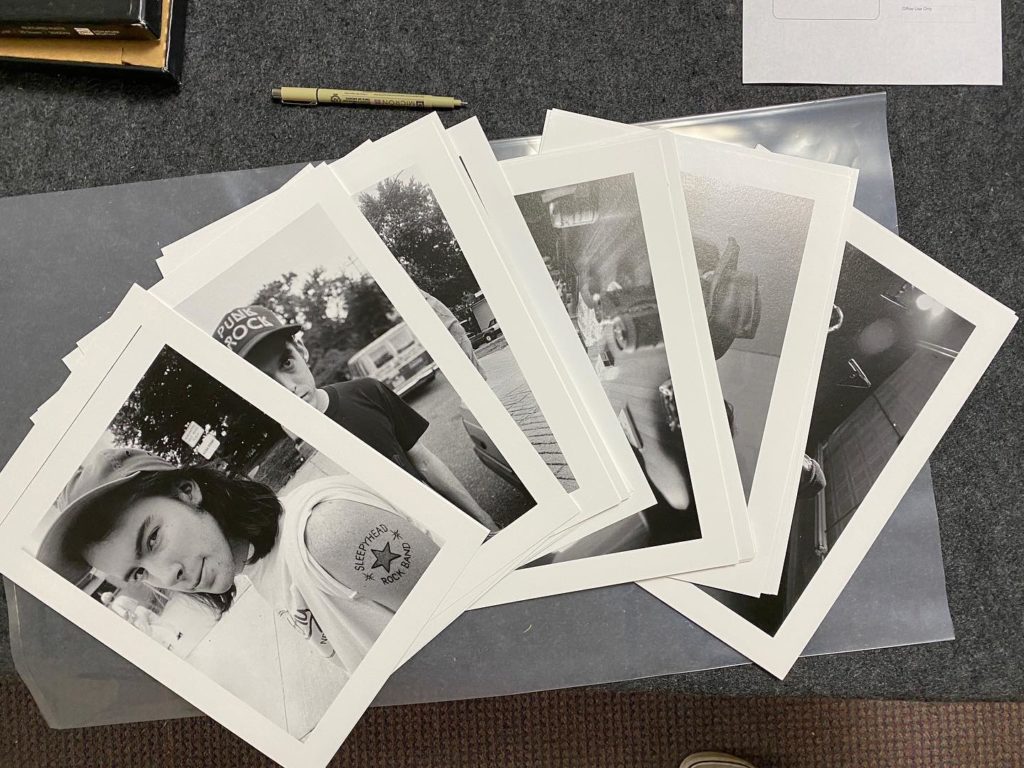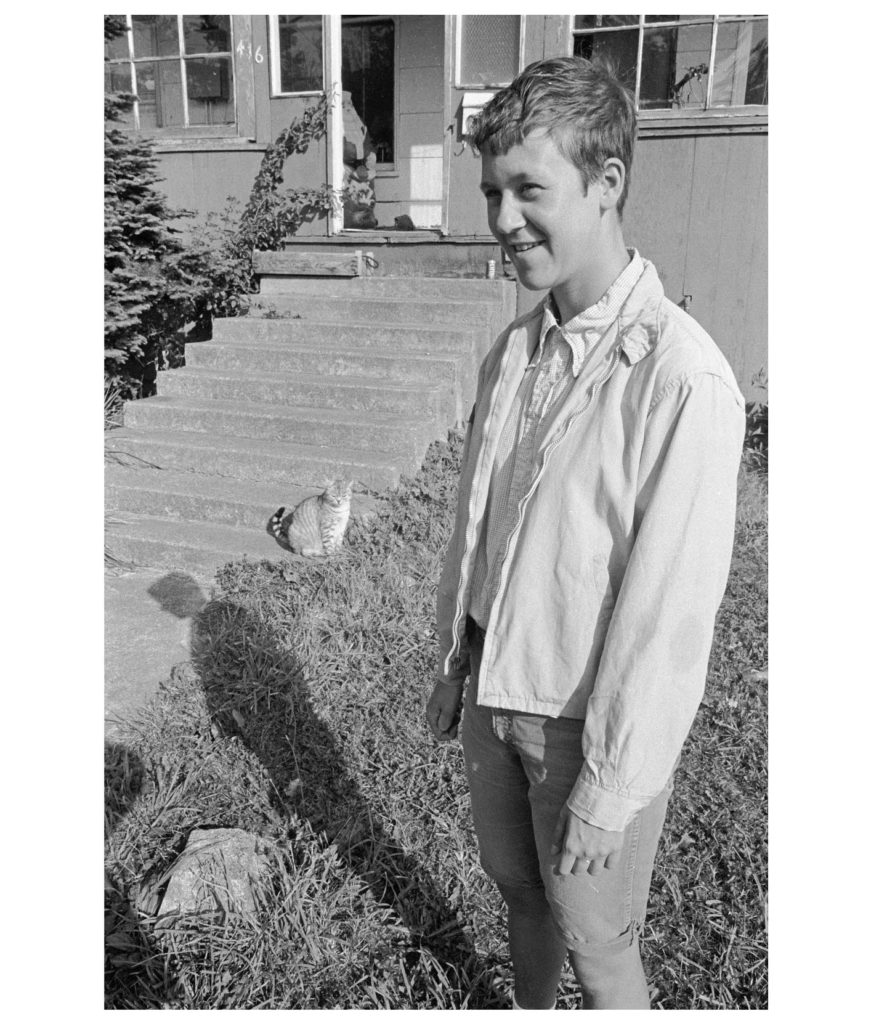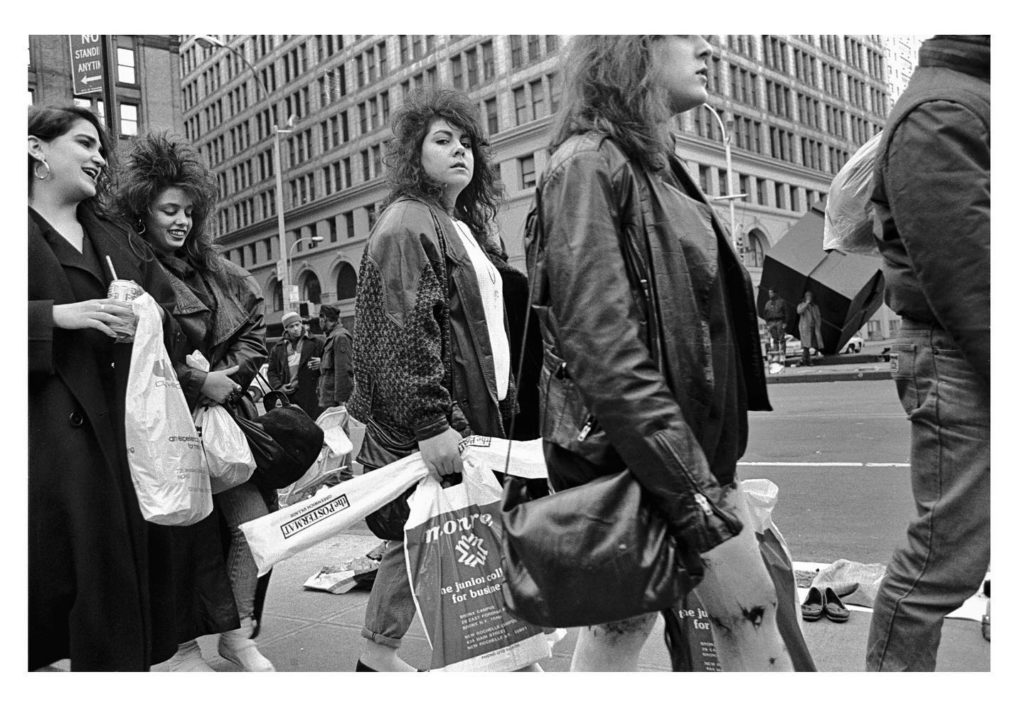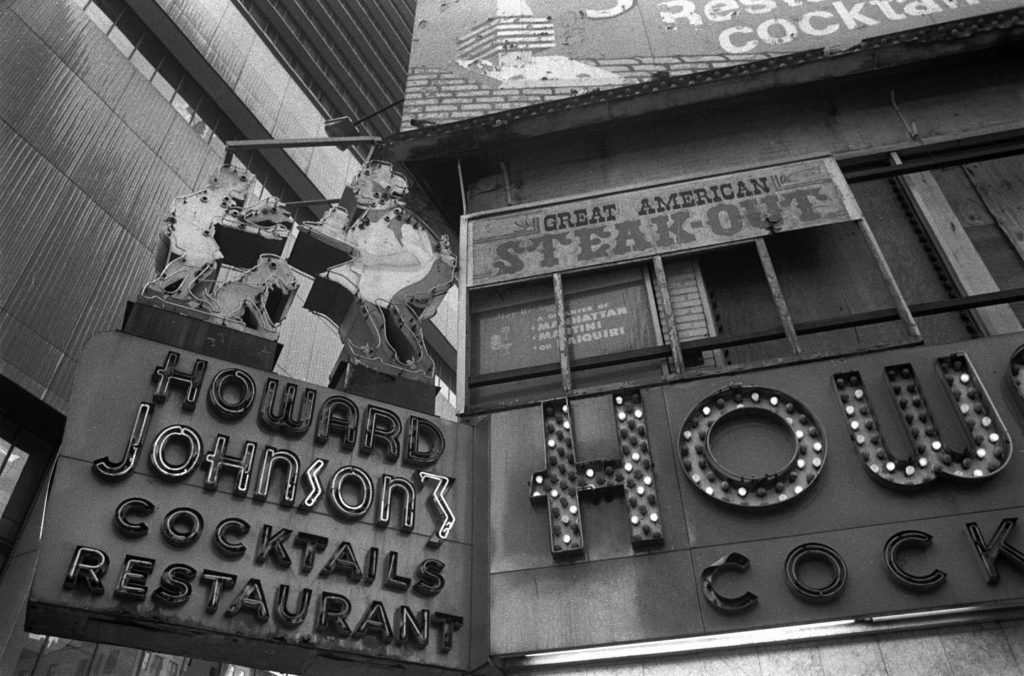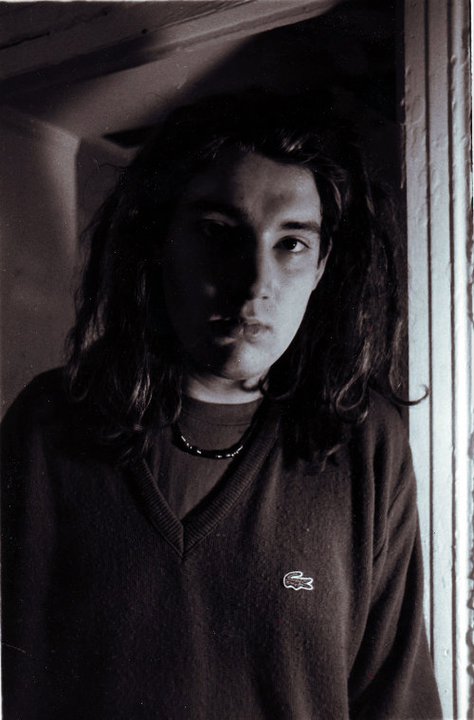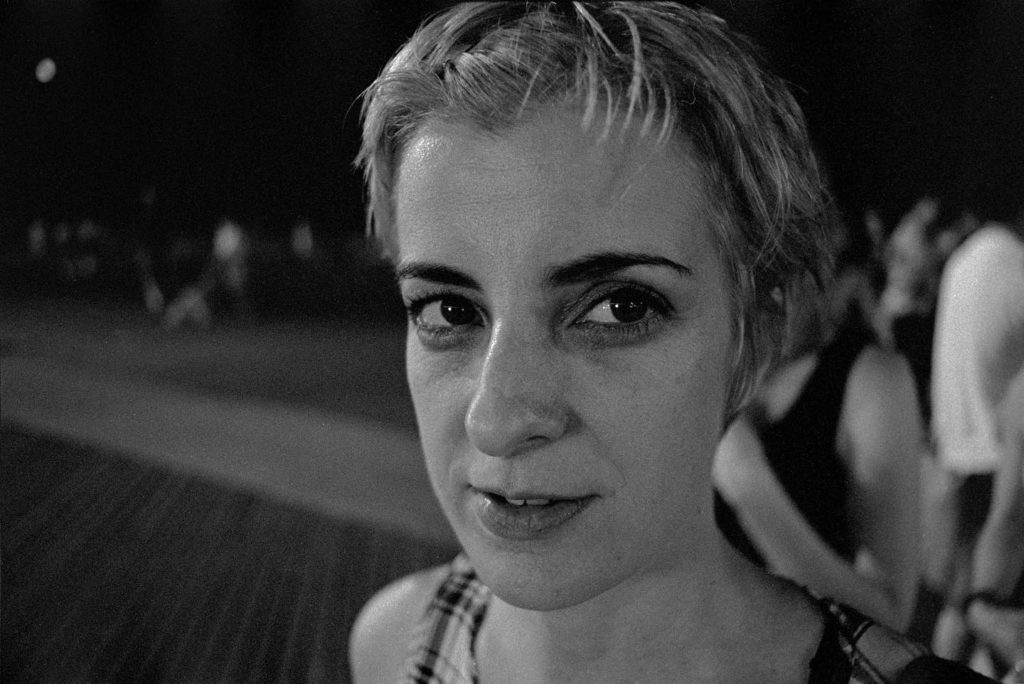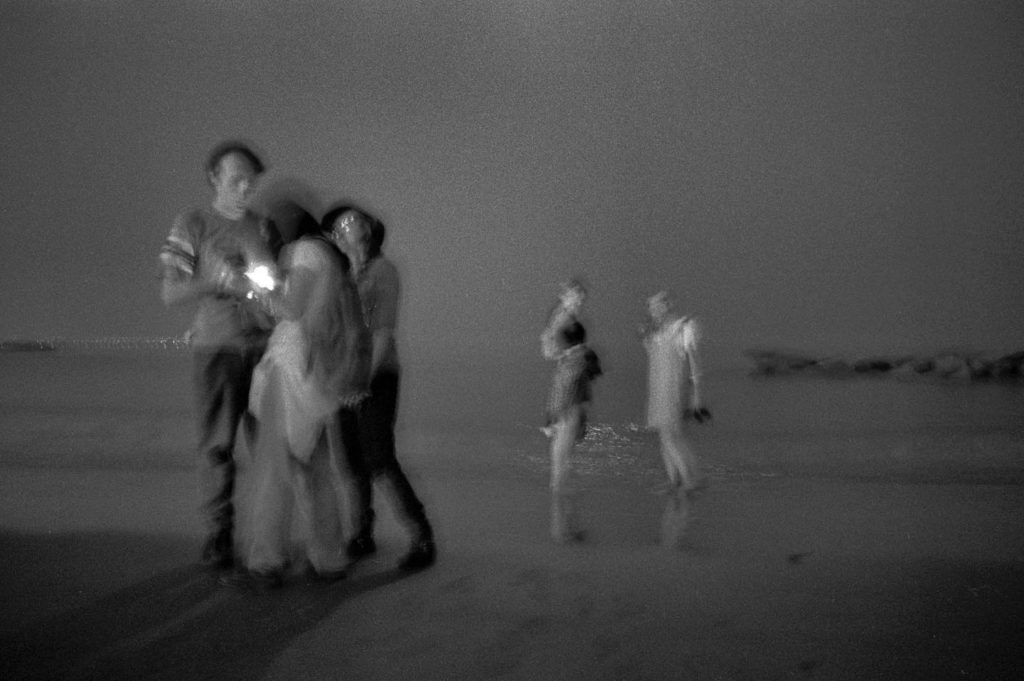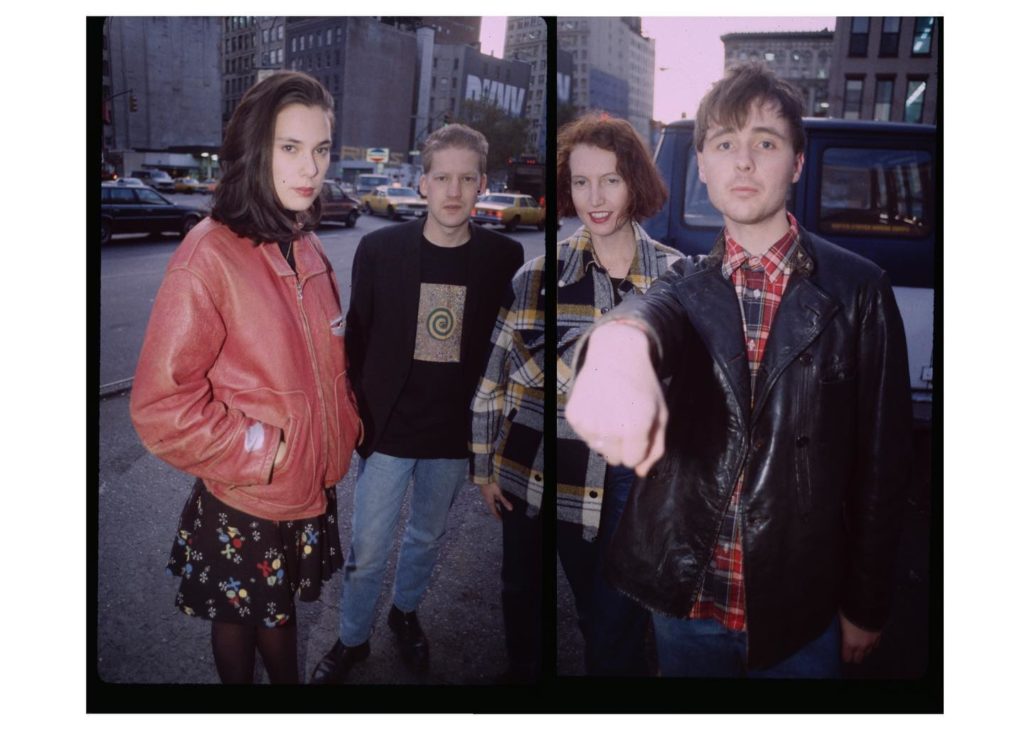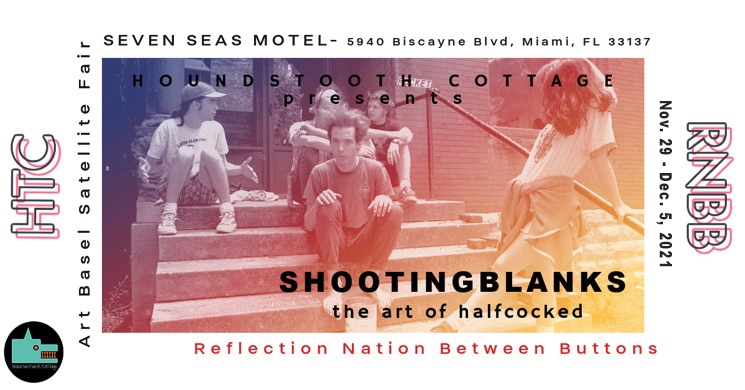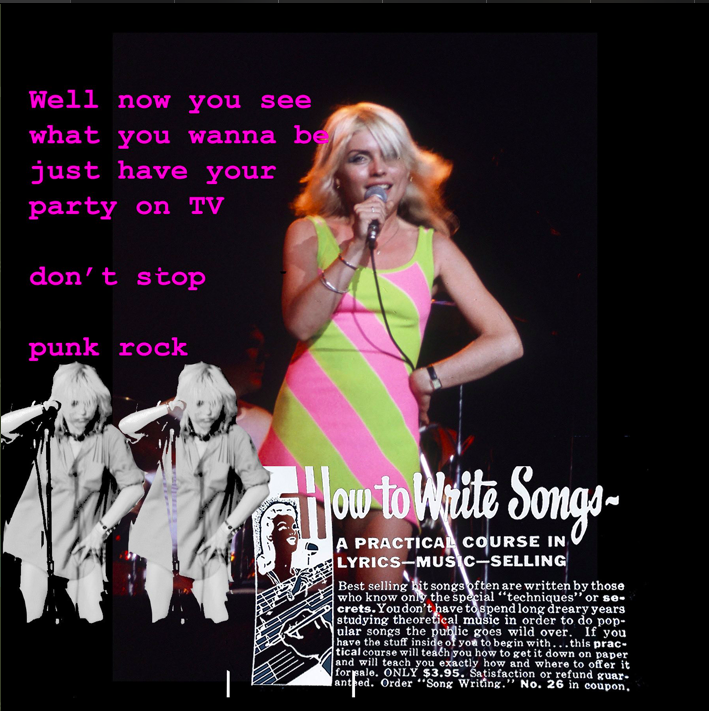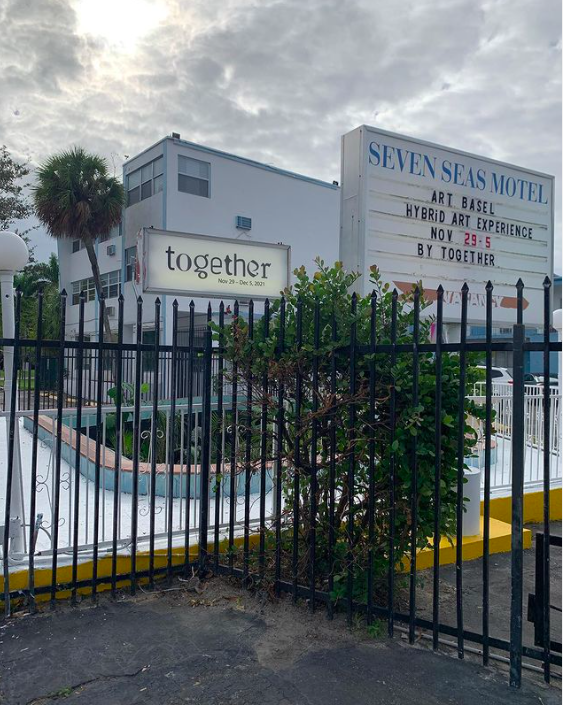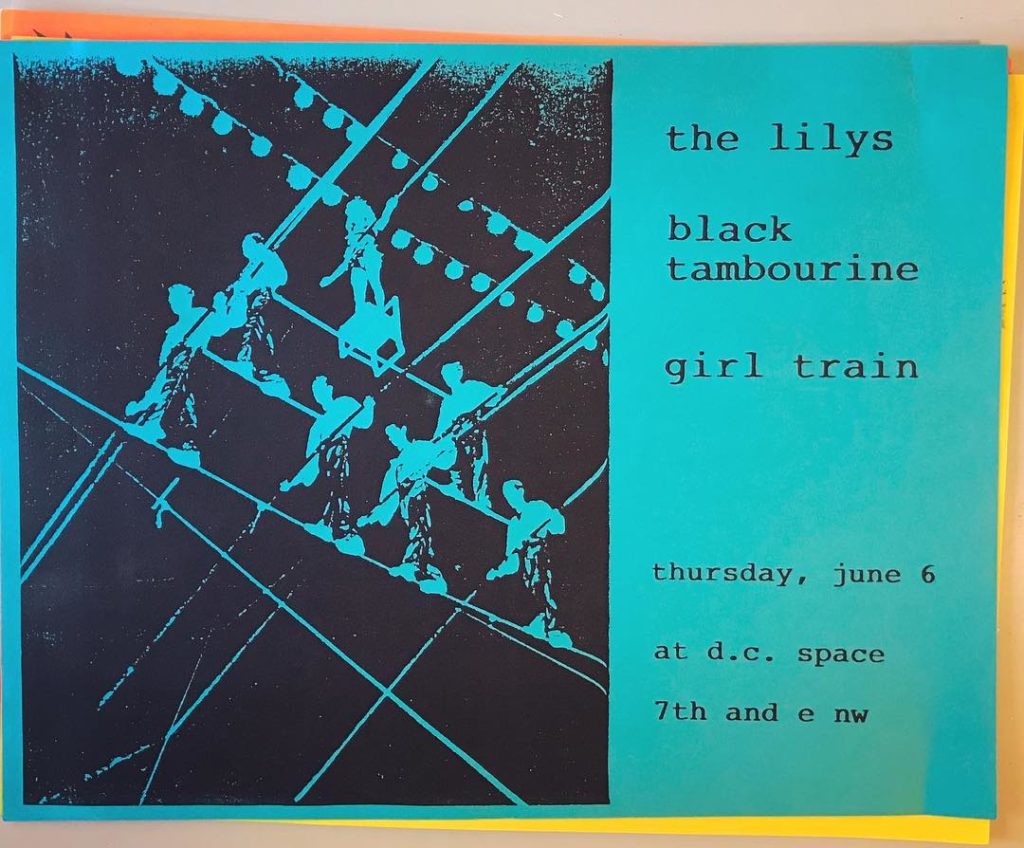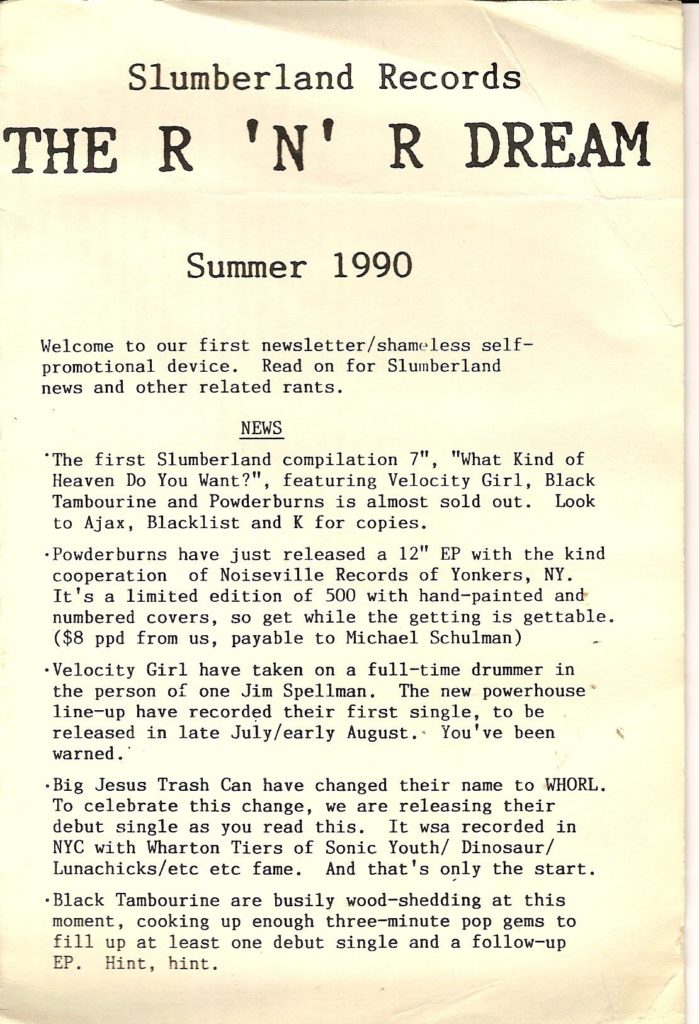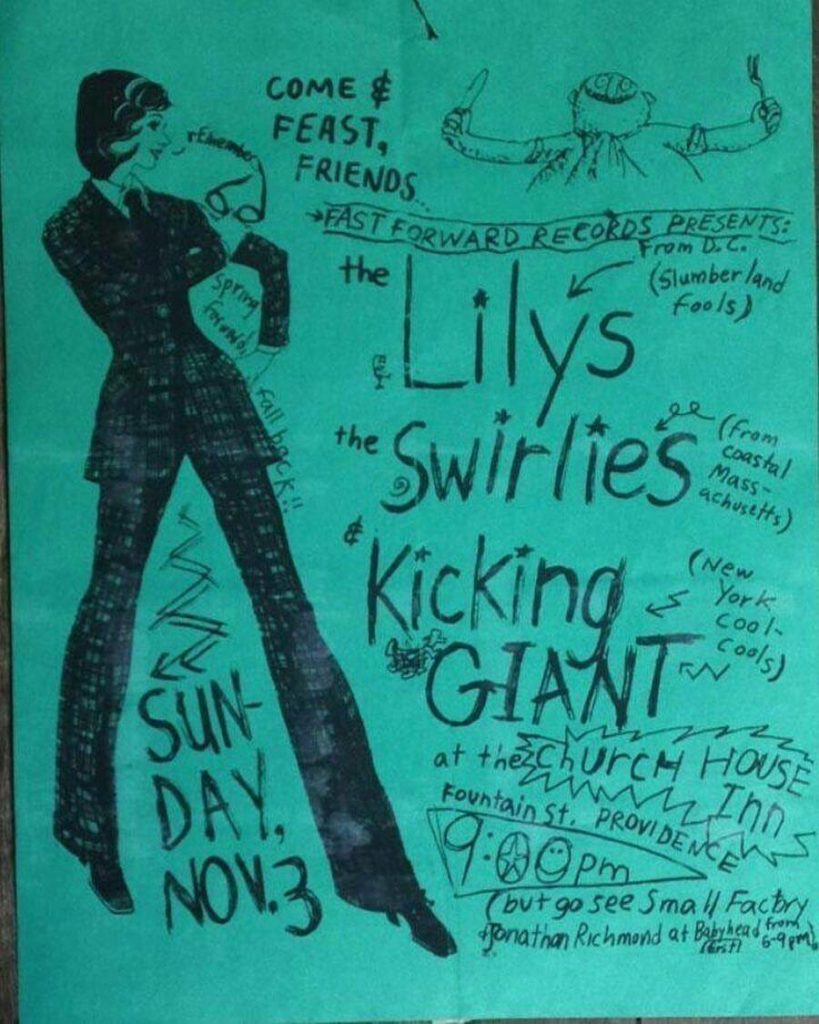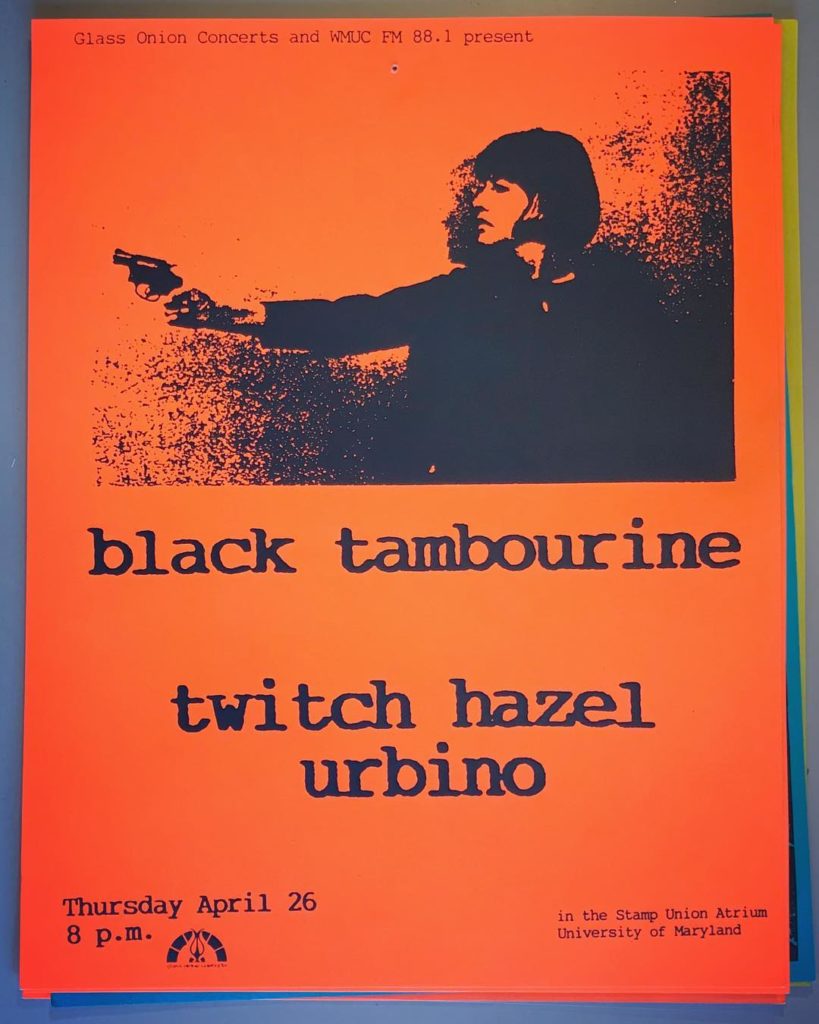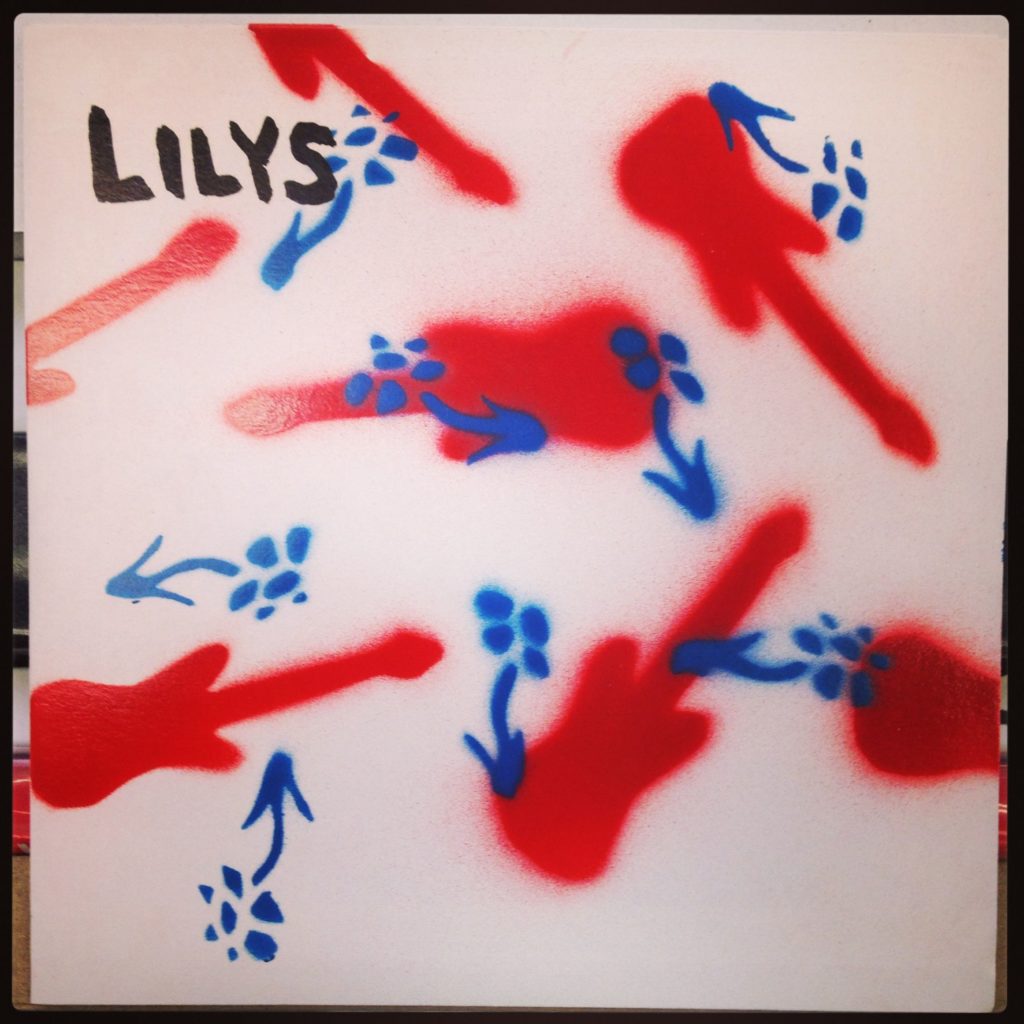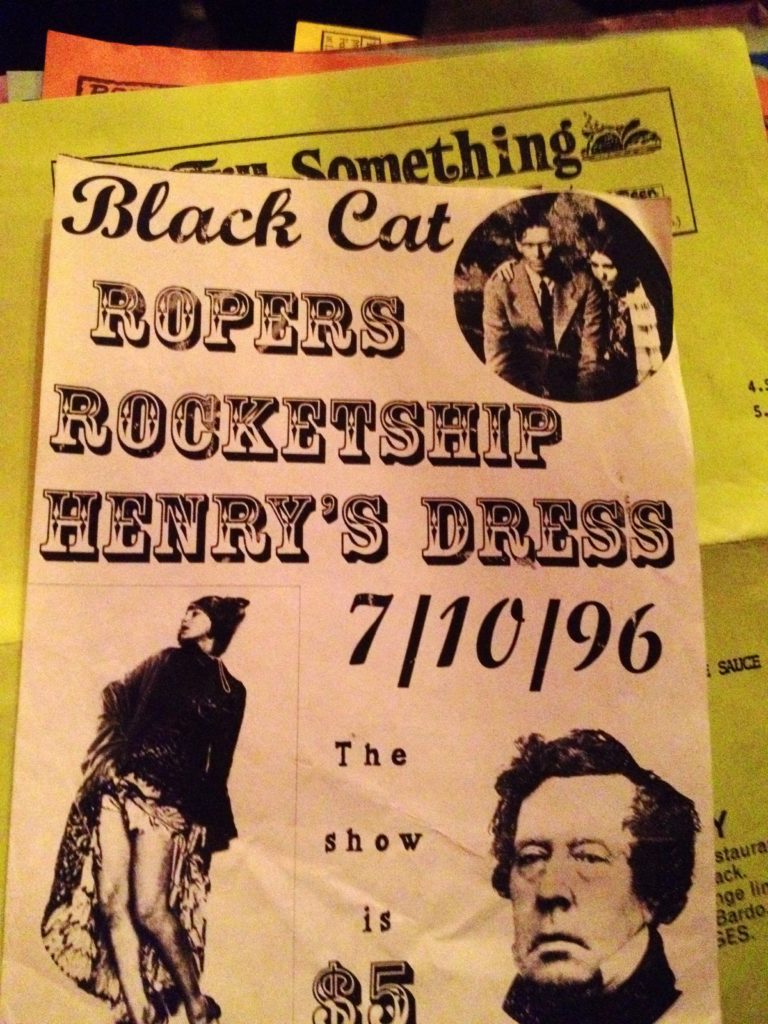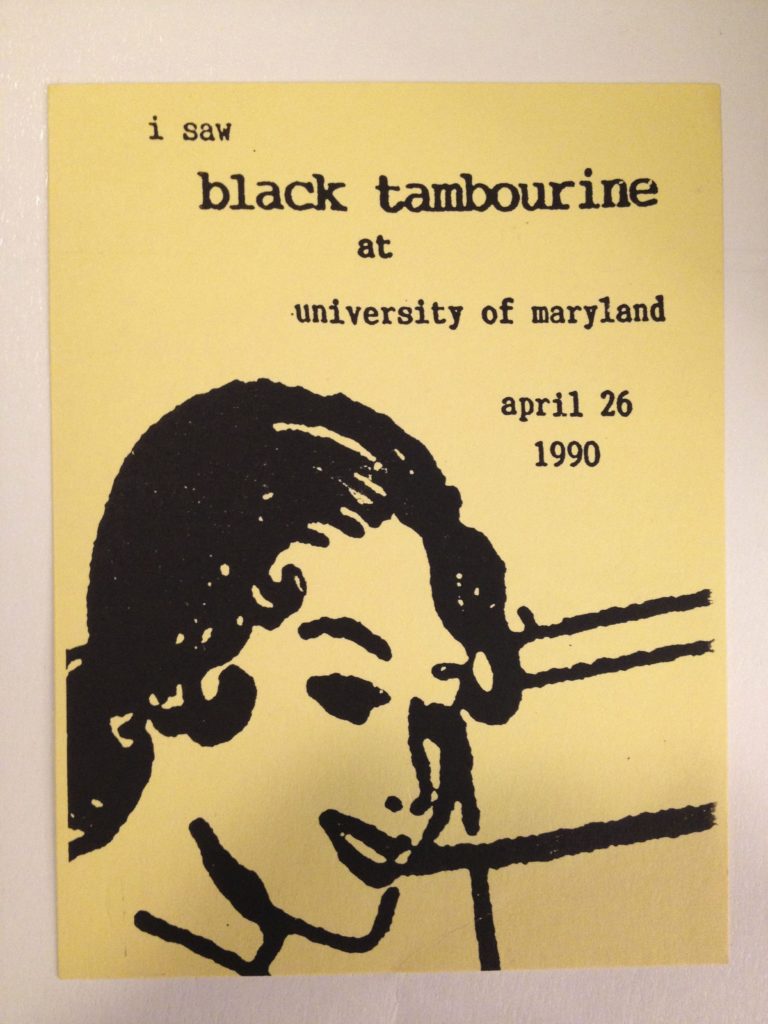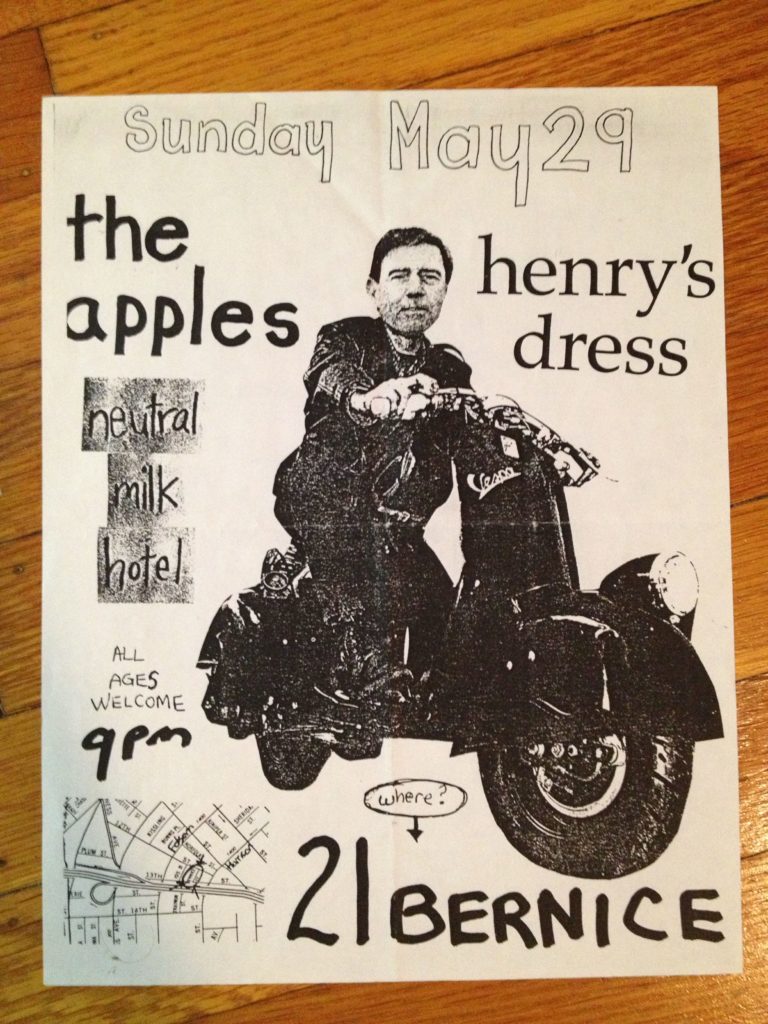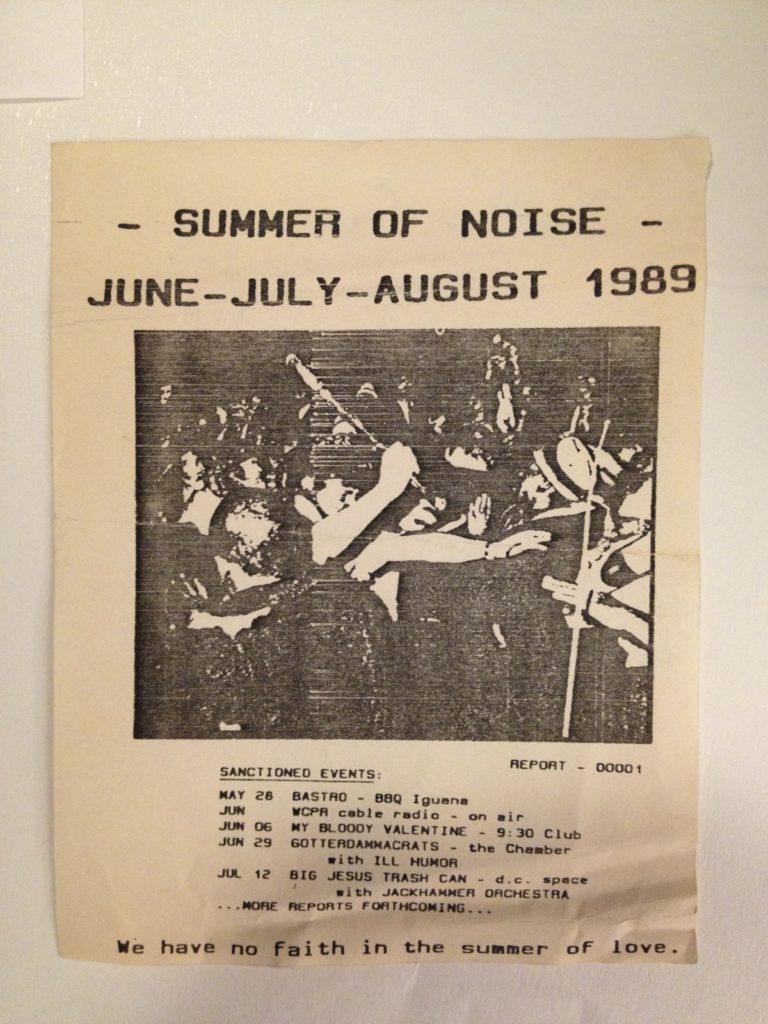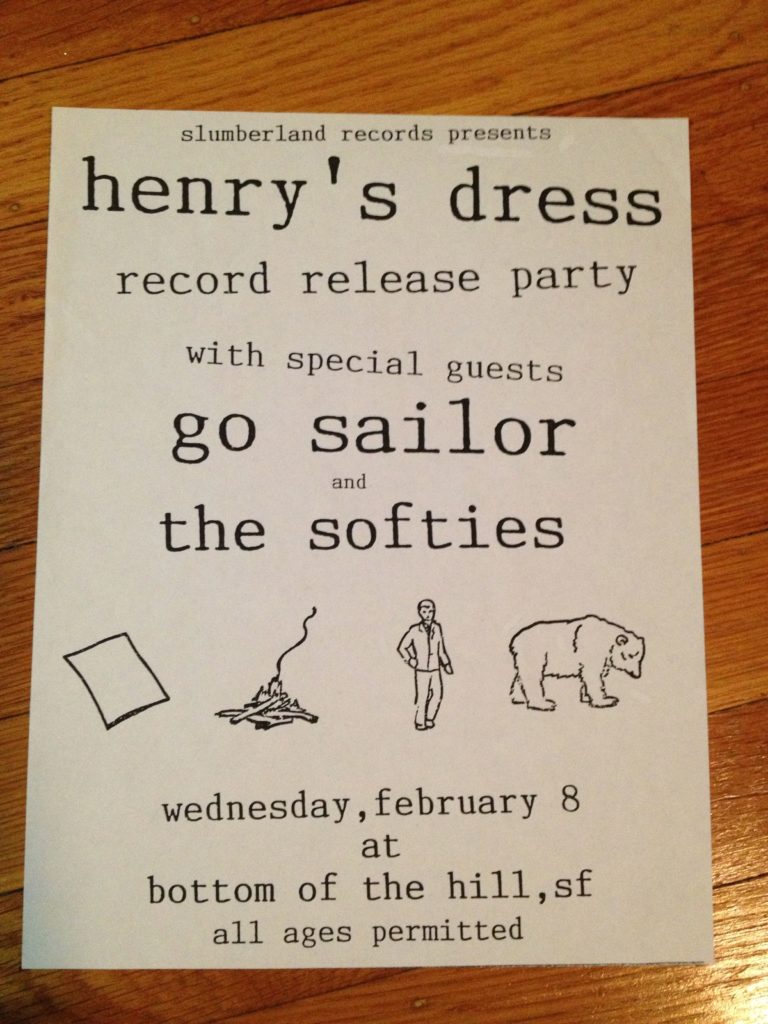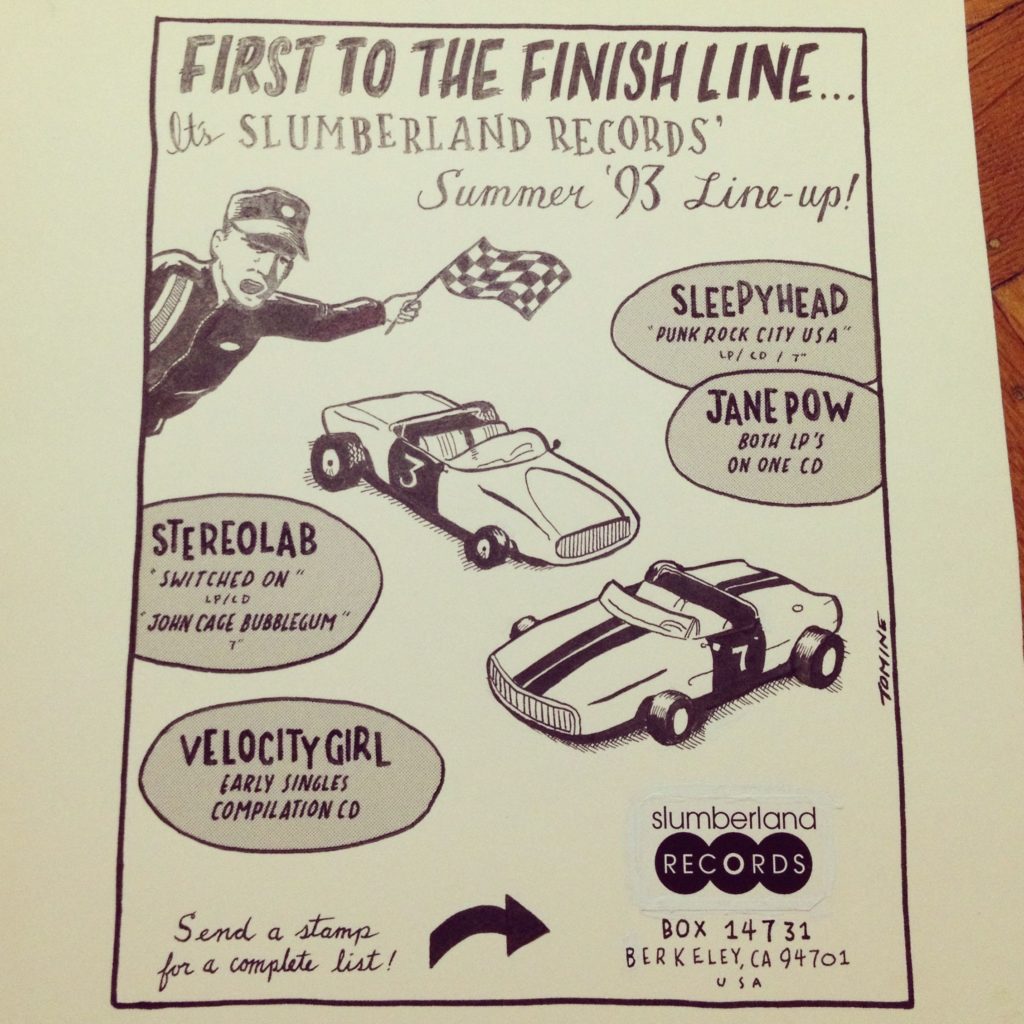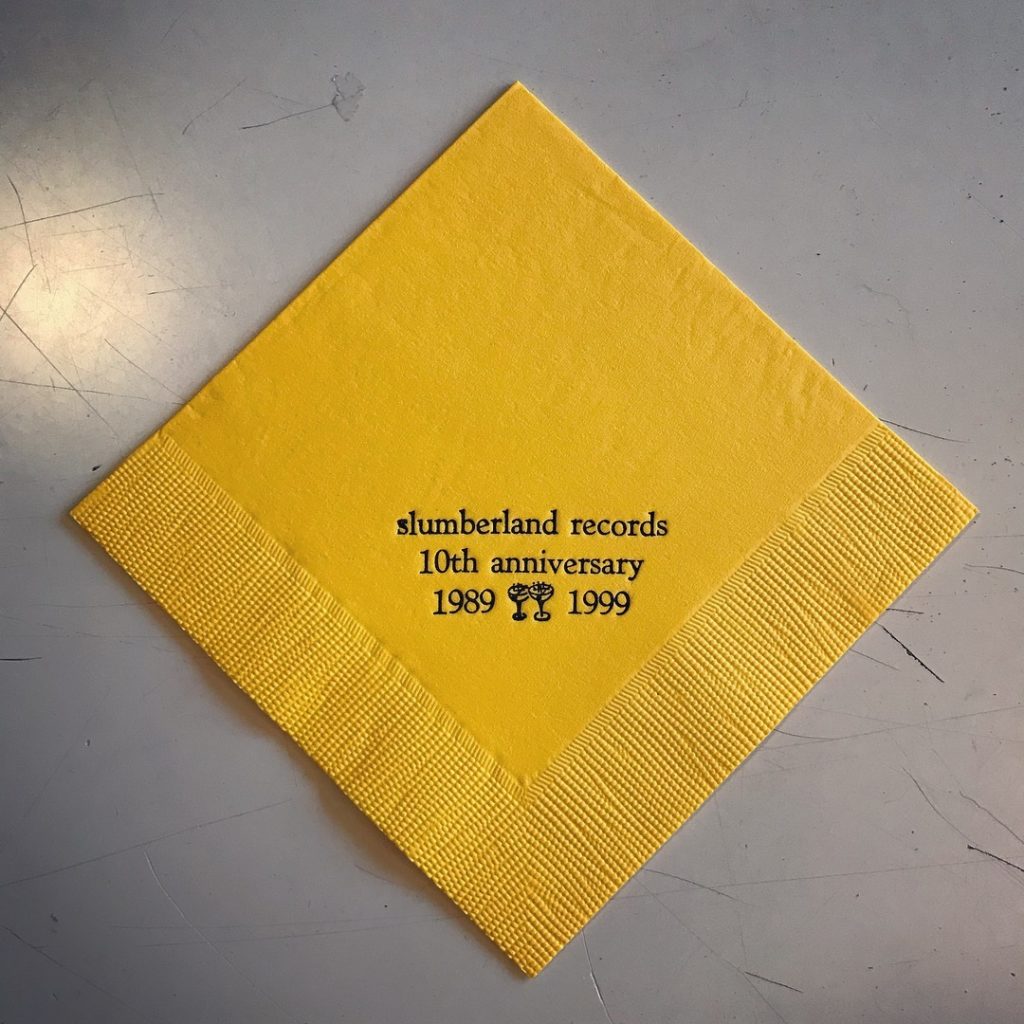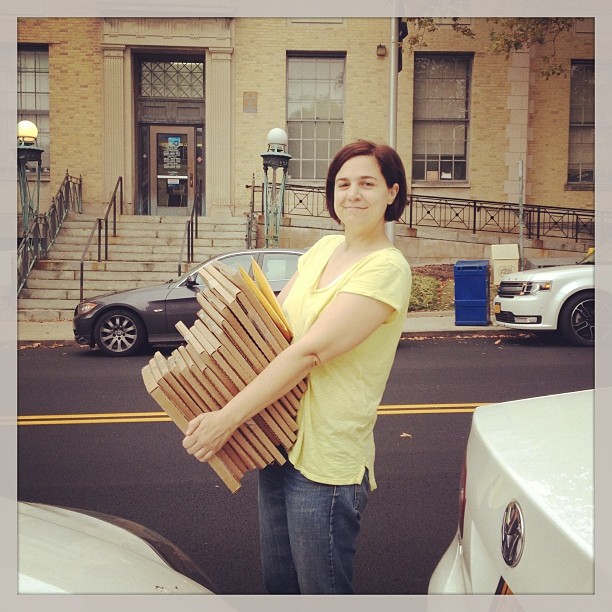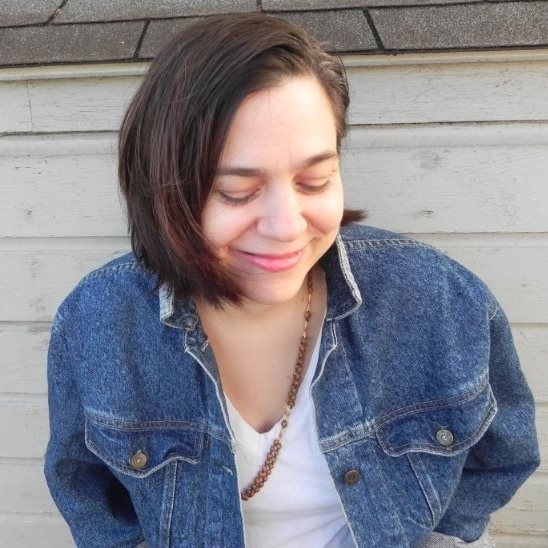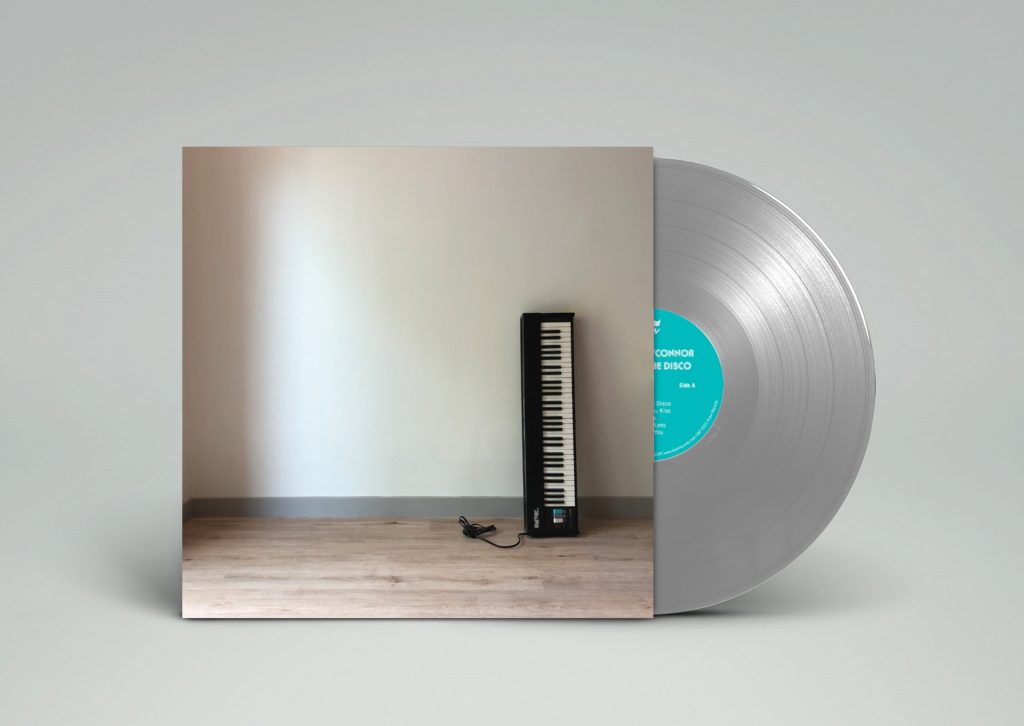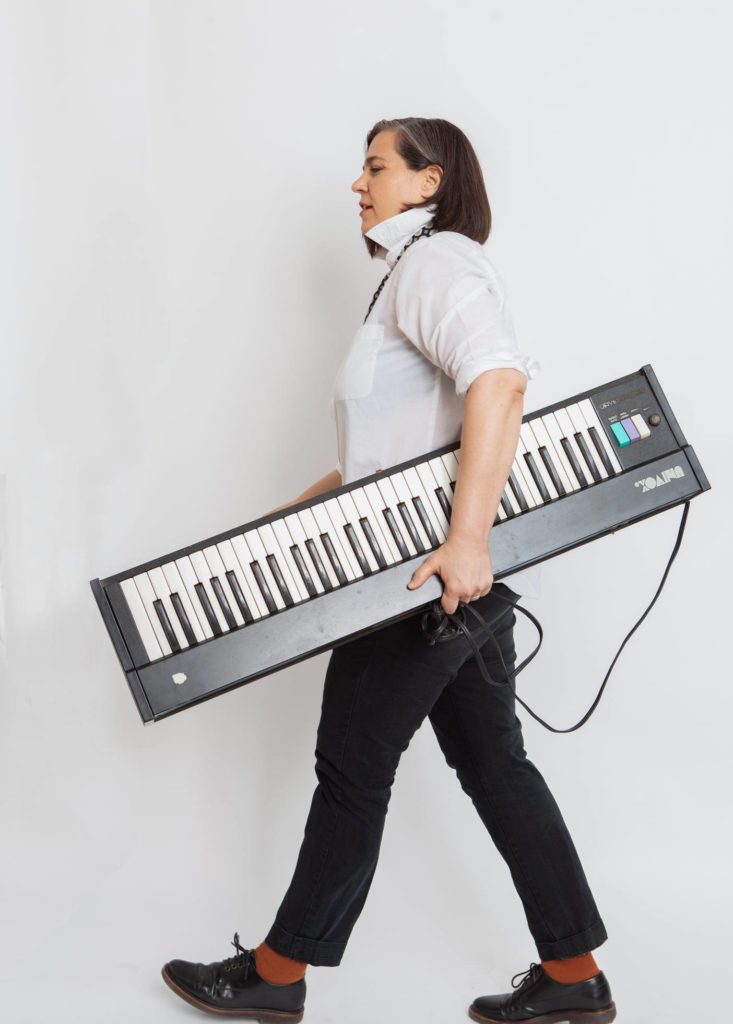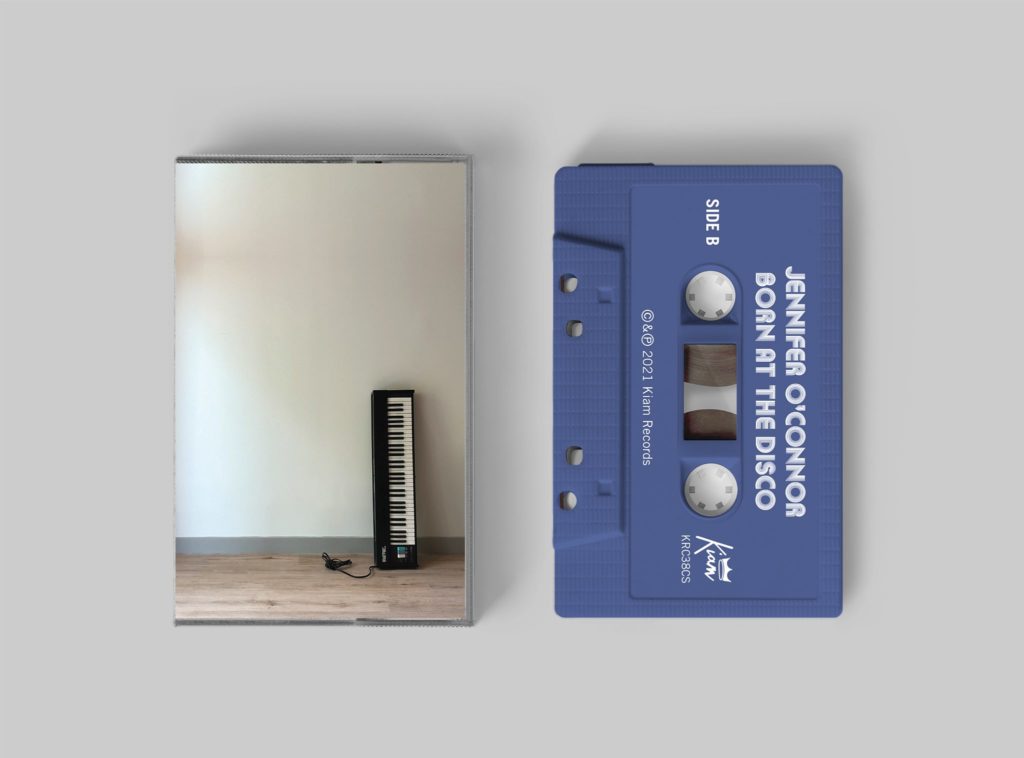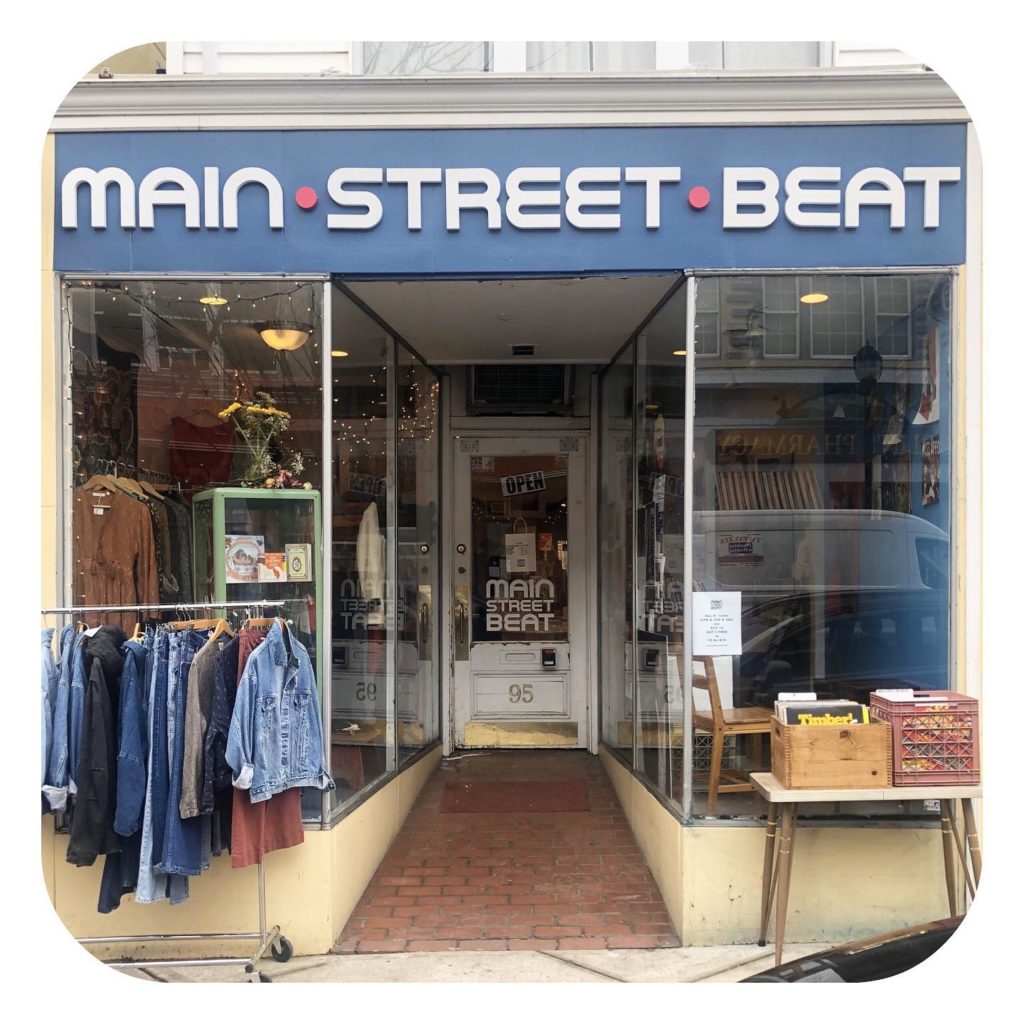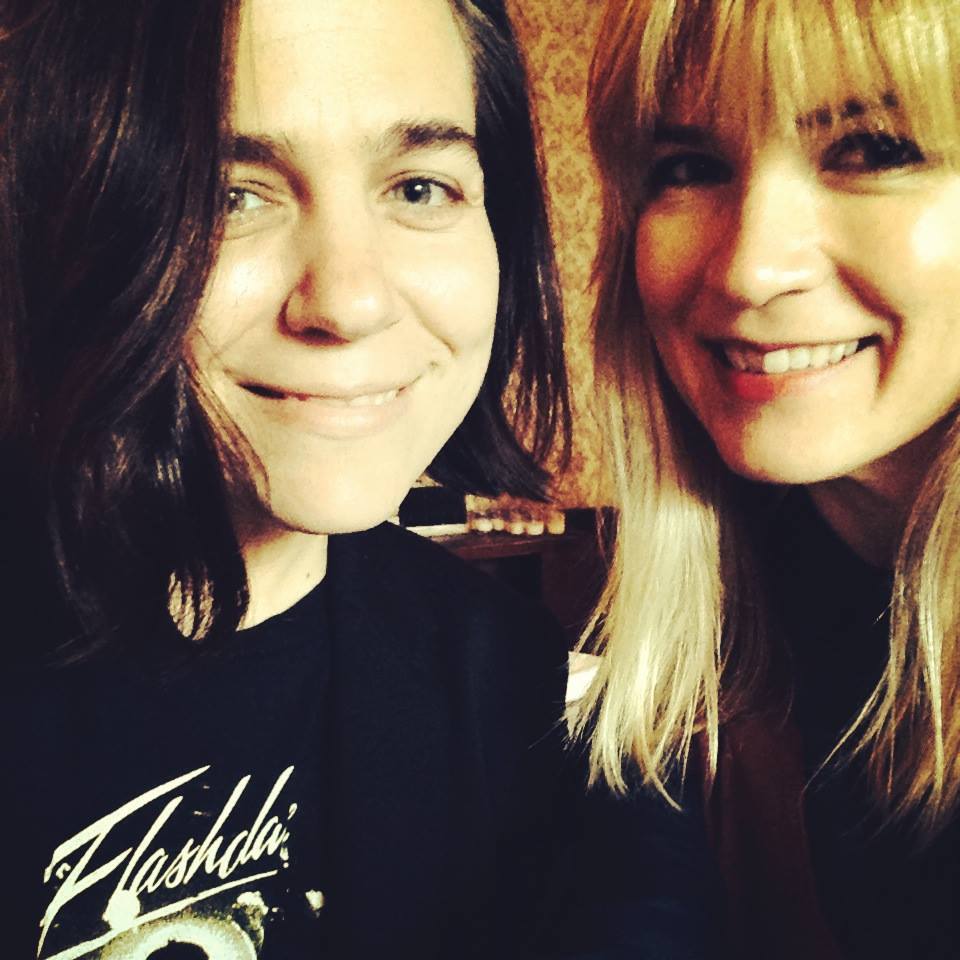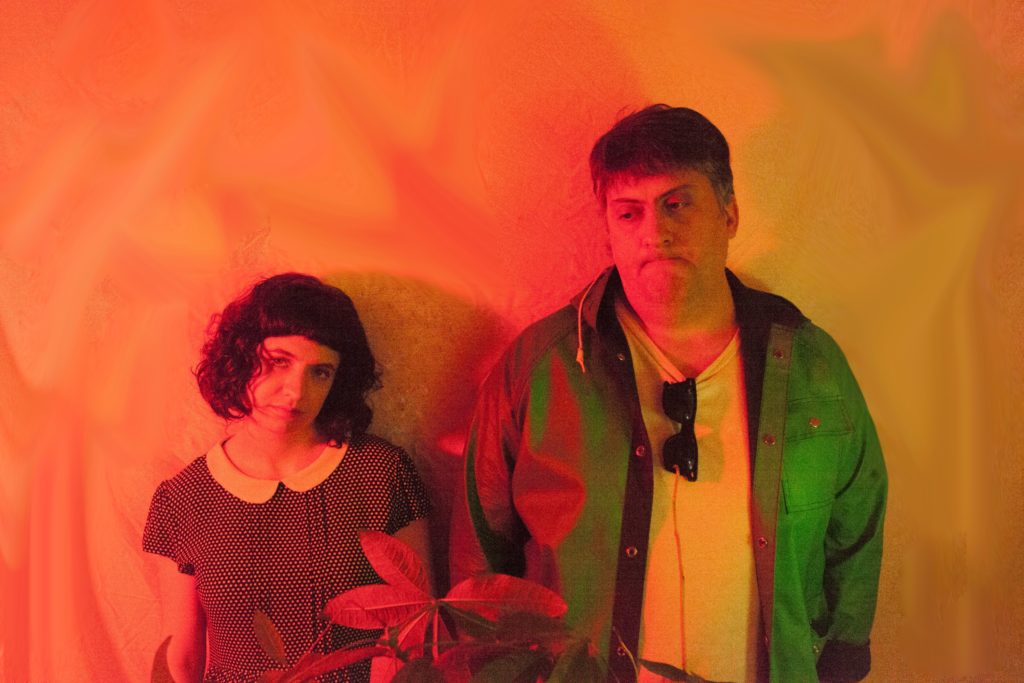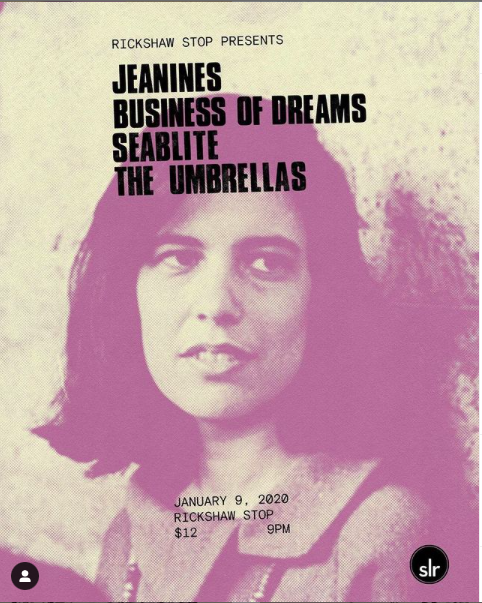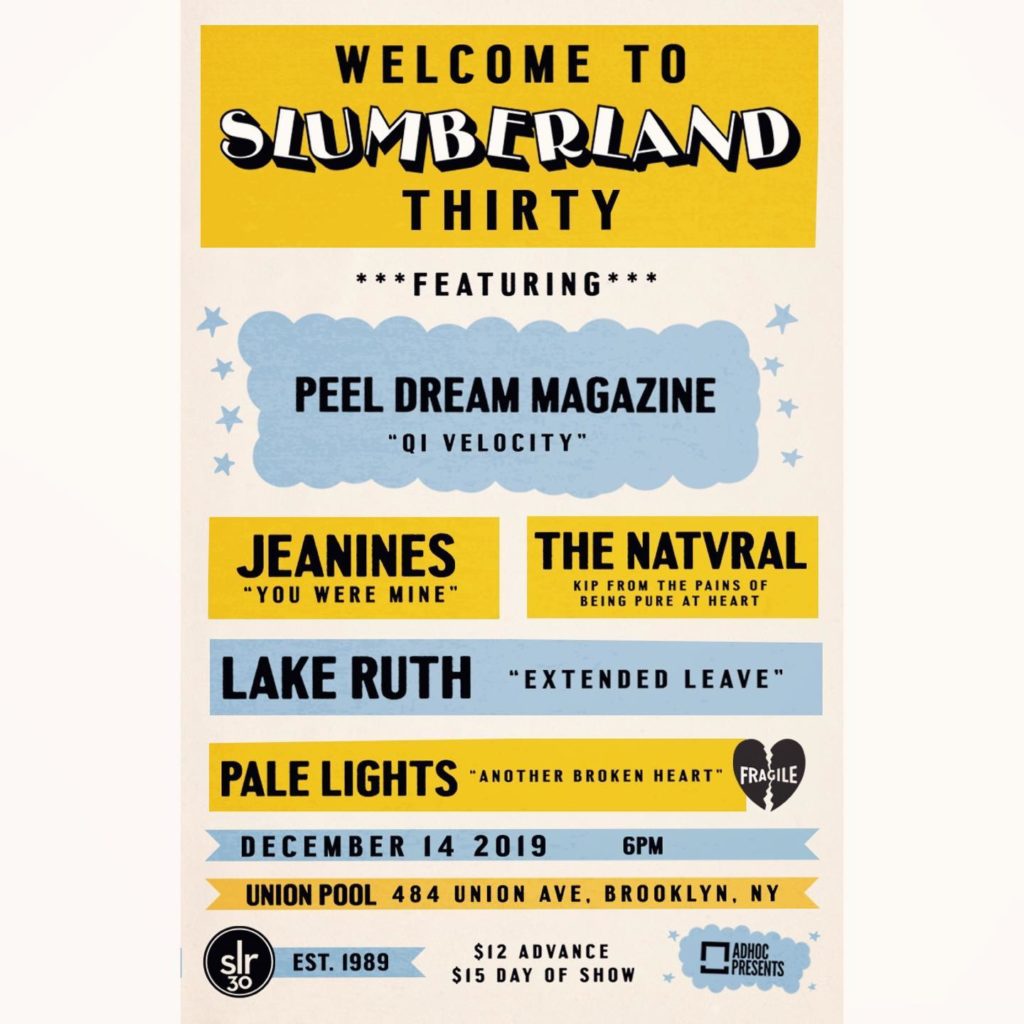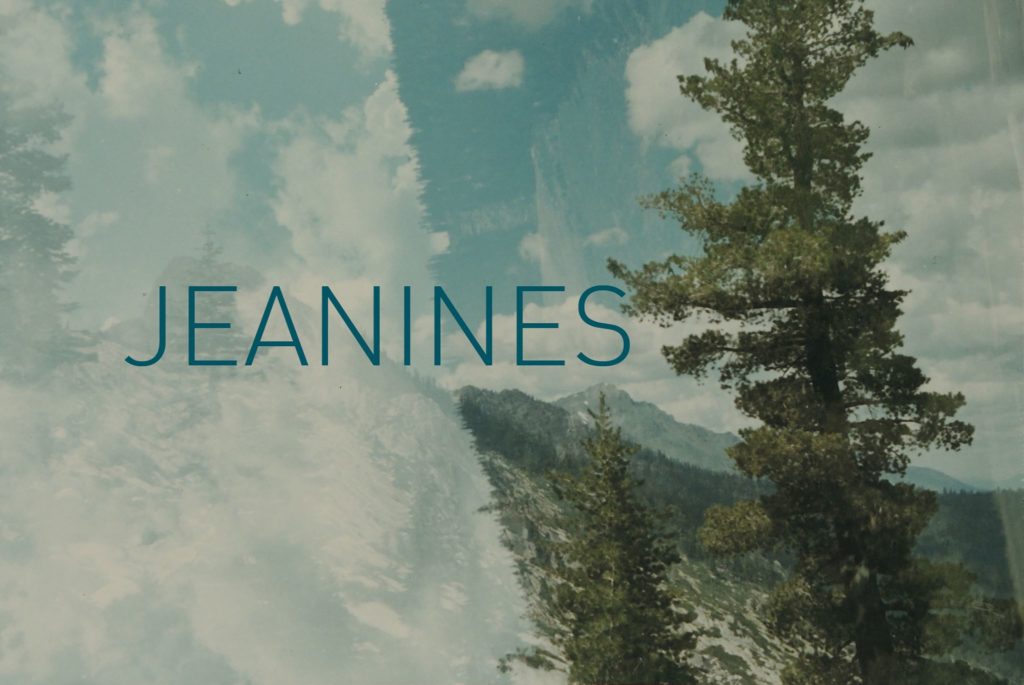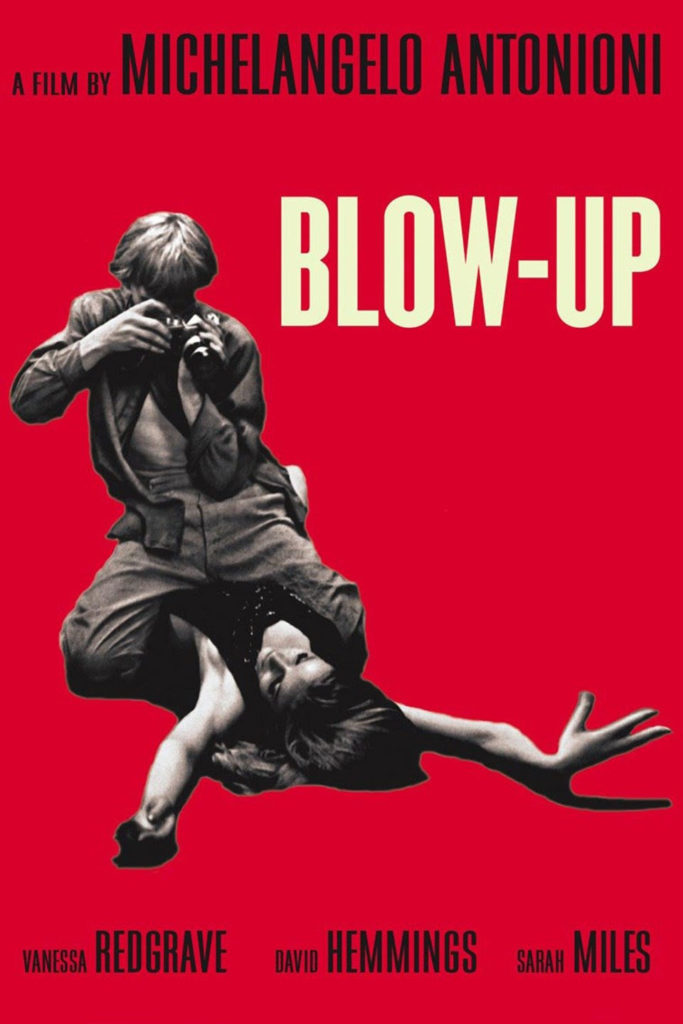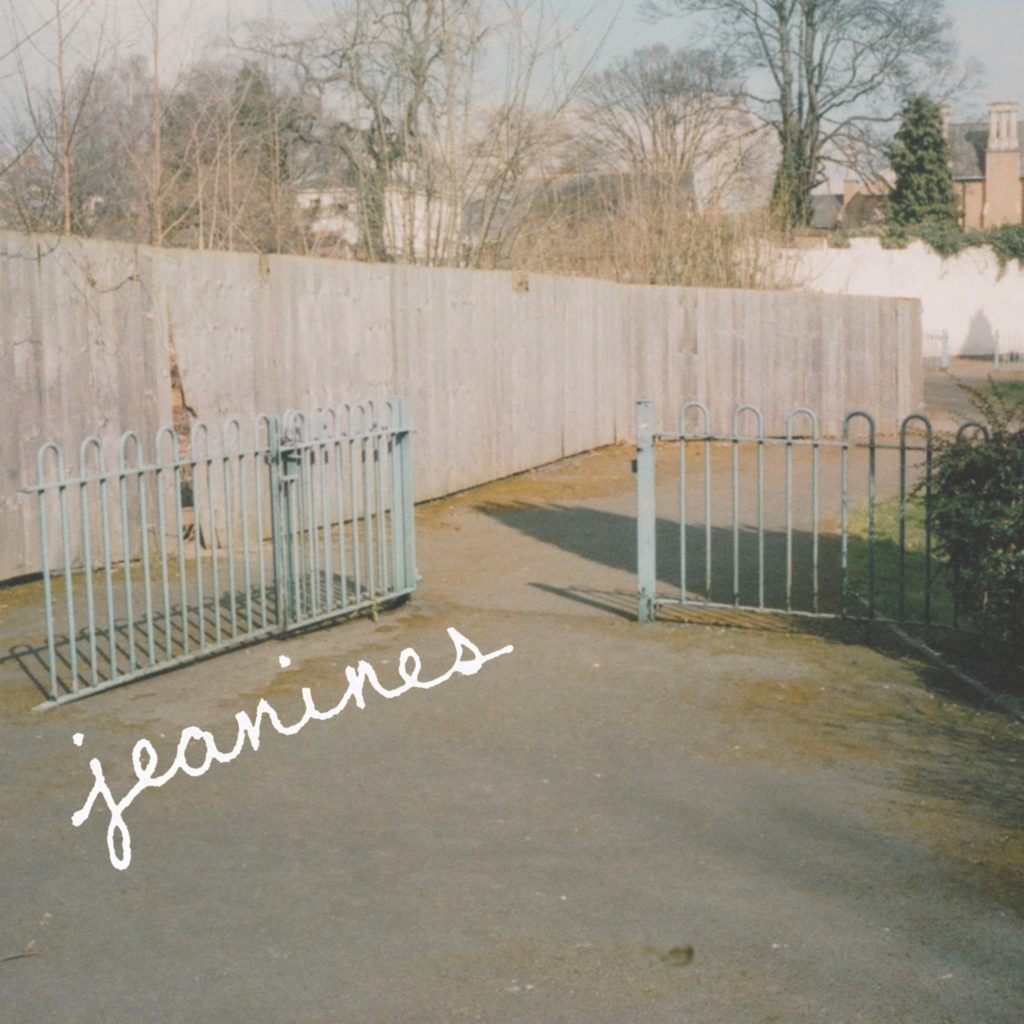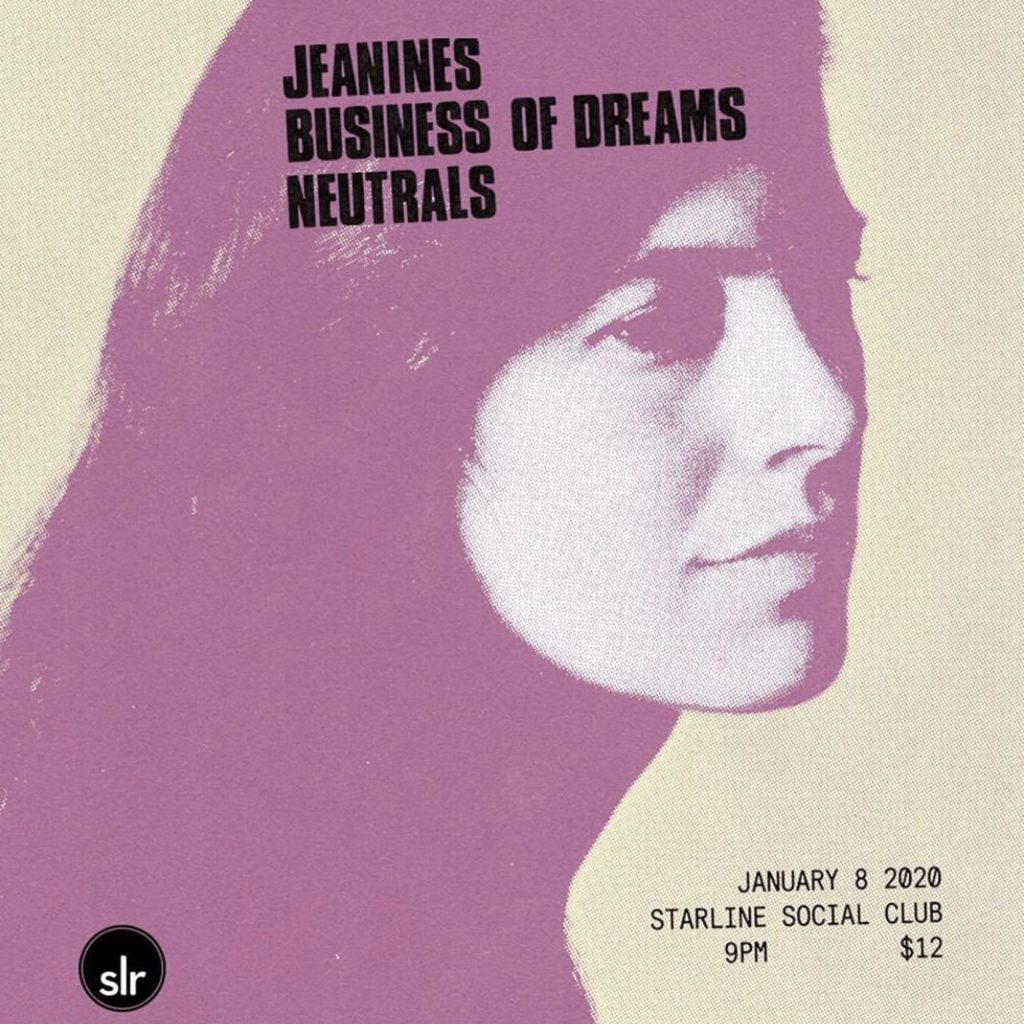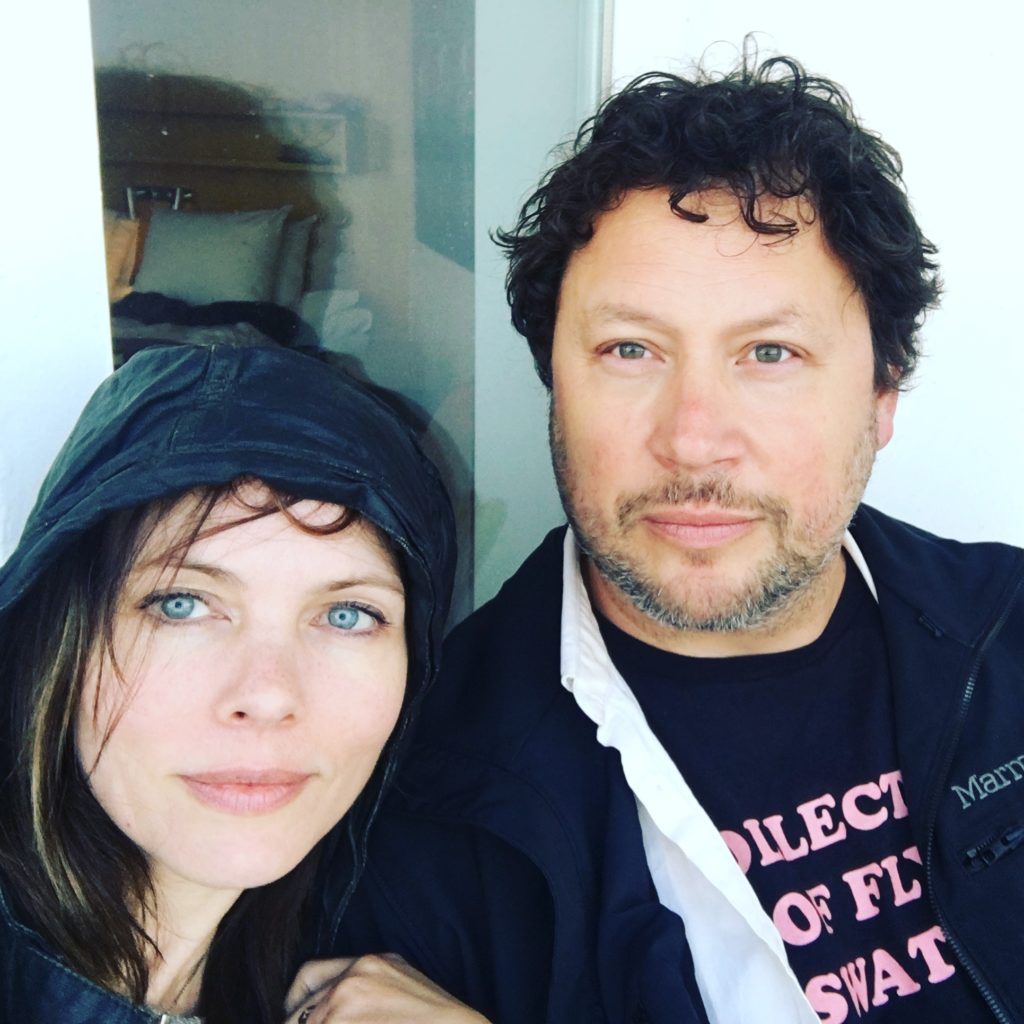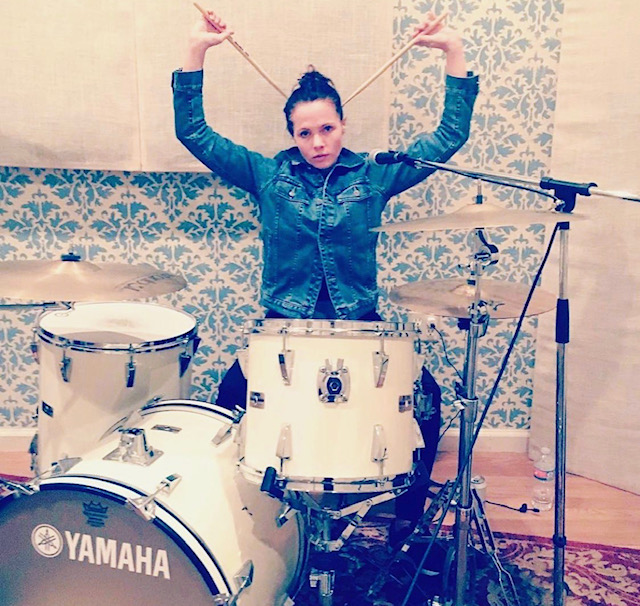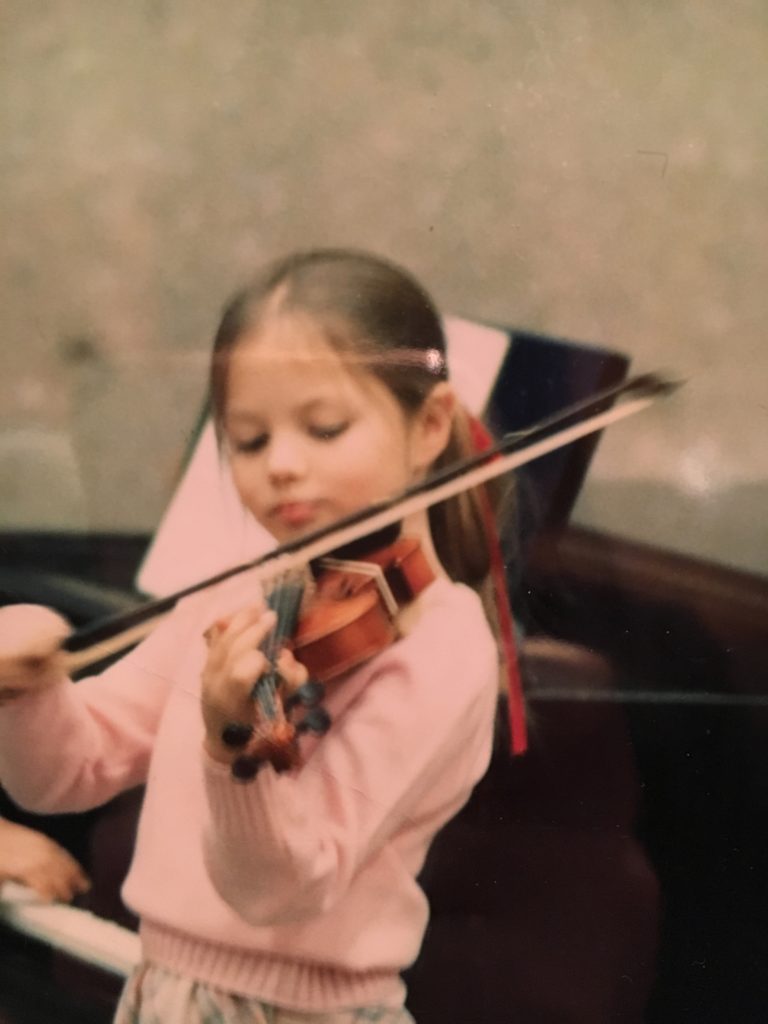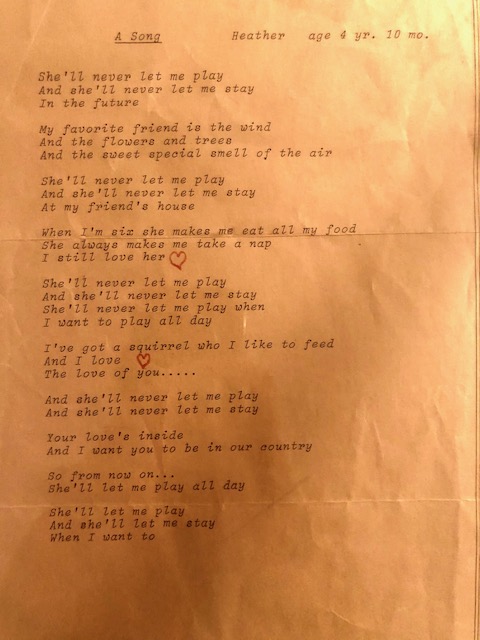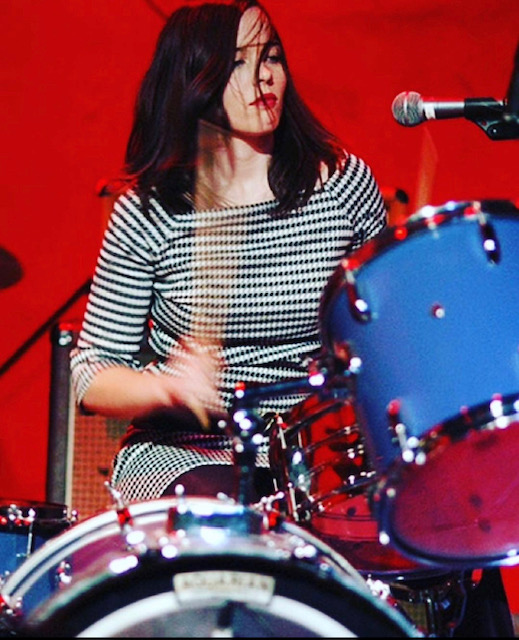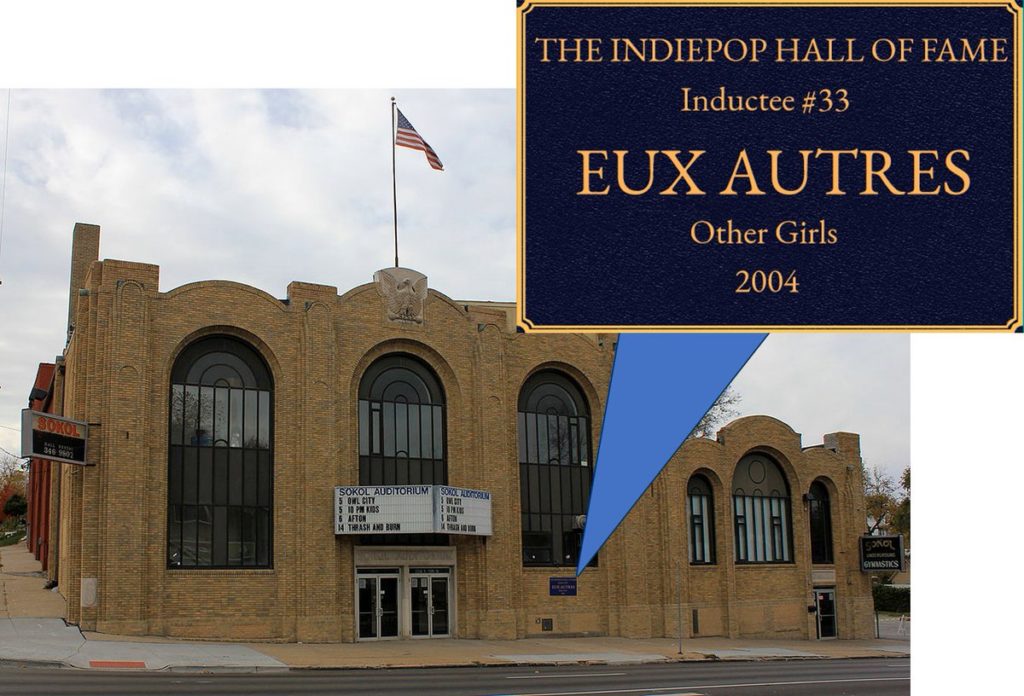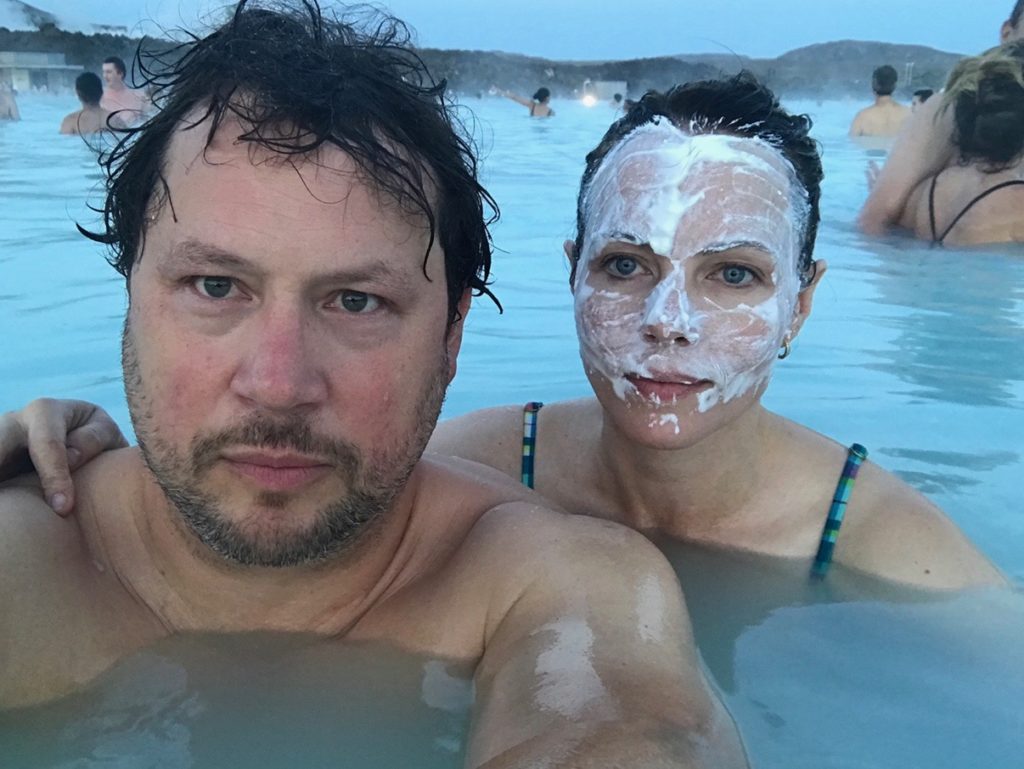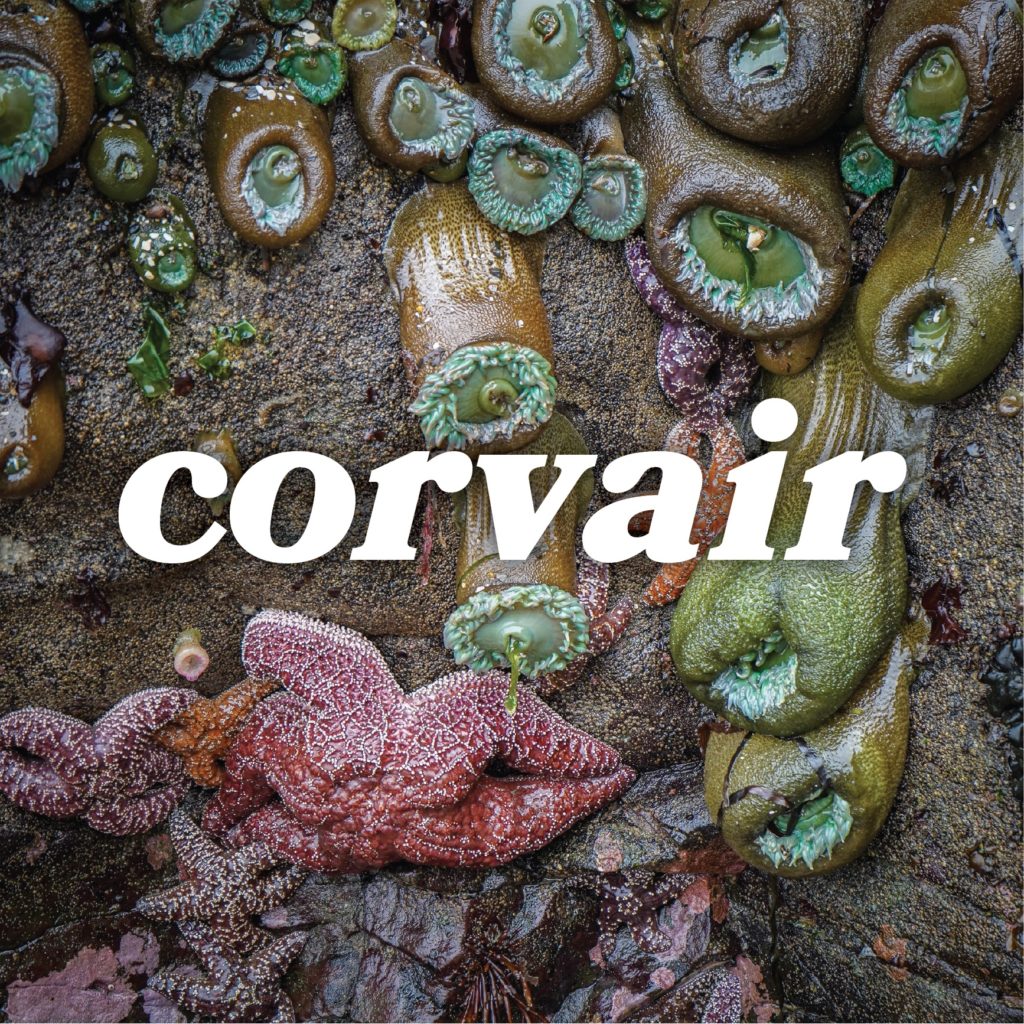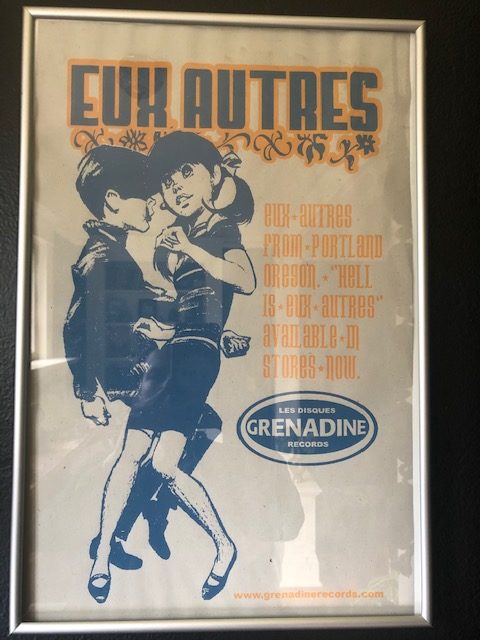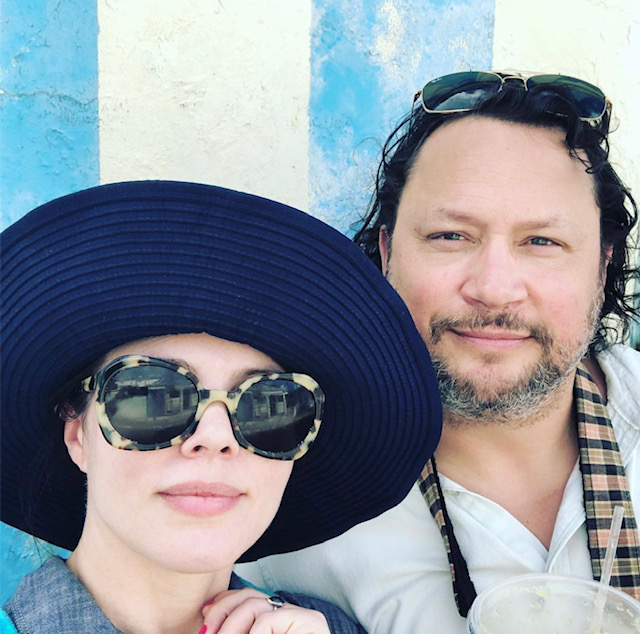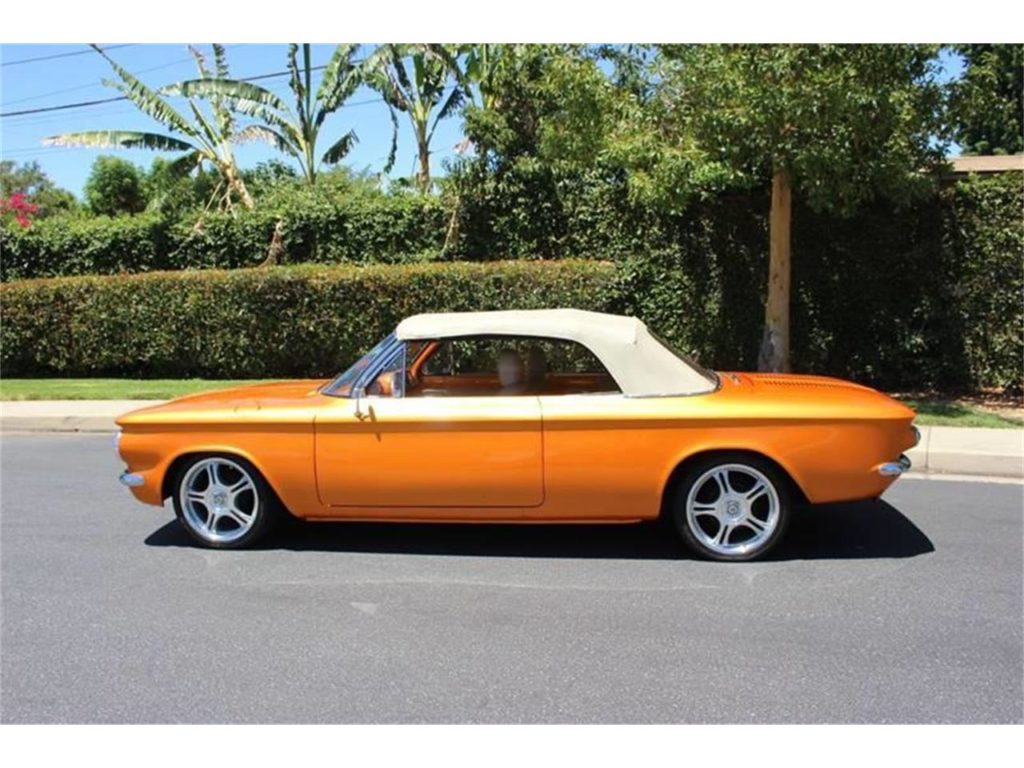I carried a gun in college (a staple gun, silly!) and I made fliers for everything from my radio show to newspaper meetings and I made collages for fun. We even folded, collated and stapled chickfactor zine during the first few years. Before the internet, you had to use whatever you could find to make fliers: old magazines and newspapers, magic markers and Letraset, paper, staples, gluesticks, clip art. The art of the flier is long lost though we do have a culture that has taken band show posters to a high level. Henry Owings, editor of Chunklet zine, who also makes lots of other stuff, has made a new book called Plus 1 Athens: Show Fliers from a Legendary Scene that collects loads of fliers and ephemera and memories. We asked him a few Qs… (interview by gail / images courtesy Henry/Chunklet)
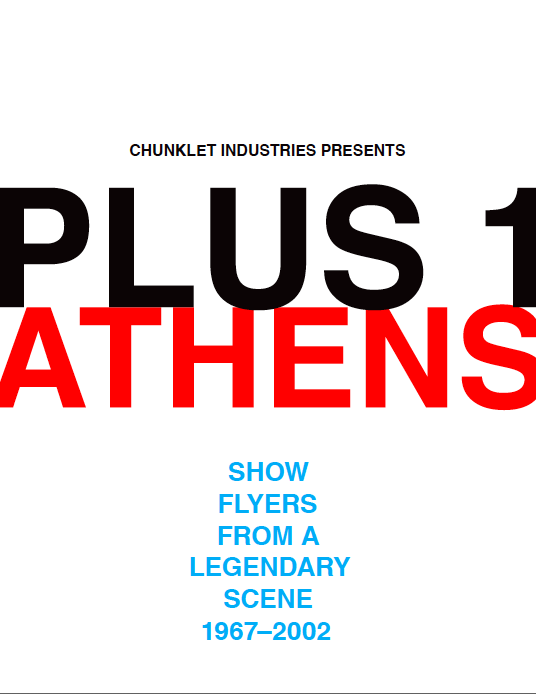
What time period did you live in Athens? How long have you lived in Atlanta? Where else have you lived?
I moved to Athens in the fall of 1991 after a lifetime of being the new guy everywhere I lived. Before I moved to Athens, I was born out on the Maryland coast, then lived there, Pennsylvania, Puerto Rico, Texas, Colorado and Alabama until my mom left my dad and we moved back to her hometown of York, Pennsylvania. I went to college there, then grad school in Pittsburgh, moved to Athens after I graduated. I lived in Athens from 1991 until (vaguely) 1997. I was on tour a lot towards the end. Shortly thereafter, I moved to Atlanta and have been here ever since.
How many fliers did you consider for publication in the Athens book?
Oh god. I can only say that I currently am holding onto 13,000+ flyers that are primarily from Georgia. As far as how many were specifically from Athens? If I were to guess, it would be a few thousand.
How do you even begin the process of selection?
I kinda wanted to hit everything, so I just took a lot of mental notes. Clubs, bands. I wanted to make sure everybody of some note were mentioned. I know I missed some bands, but whatever. I did my absolute best.
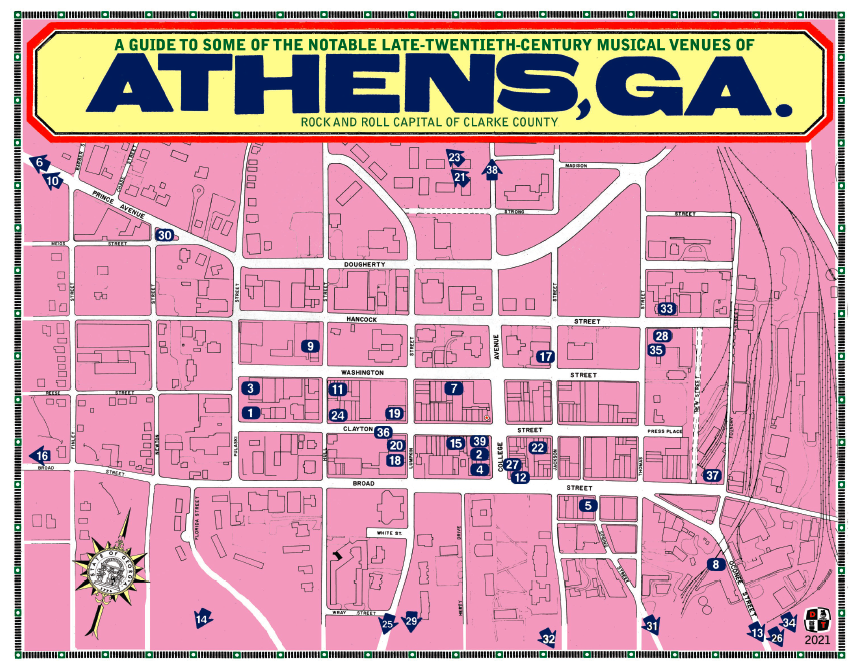
When did you get the idea for the book and how long did it take?
So during the pandemic, which fittingly coincided with my divorce, I decided to try new things. Or perhaps just flex muscles I never flexed before. One of those activities I pursued in earnest was painting my house. Influenced by my dear pal Will Hart from the Olivia Tremor Control and cubist art of the early 20th century, I decided to paint my house. And I had a lot of fun. Like, a LOT of fun. ¶ At some point (May 2021 to be specific), I asked the folks at club called 529 at the end of the street if I could do a painting on the outside of the building. They politely declined, but they offered me the dressing room. Now, anybody that’s been in a backstage dressing room can tell you, it’s covered in more dicks and shitty graffiti than you could imagine, but I thought it would be cool to make a color study in the green room out of old Georgia flyers. ¶ While I was going through flyers I had found on line and was doctoring so they would print correctly, a little voice in my head said “Hey, somebody should do a book of these.” And well, the rest kind of happened quickly. ¶ I tend not to dawdle, and also I just have a lot of friends who opened their collections to me, and it just kinda took off from there. ¶ So yeah, time line hasn’t even been a year yet. ¶ I used to make fliers in college and walk around with a staple gun. Our tools were clip art, collage scraps, magic markers, etc. What are some of the weirdest show fliers you came across in this process? ¶ Oh god, my favorites are always risographs which are early color copies. They’re almost like their own genre of flyers. So beautiful. ¶ I think my favorite flyers have been the most ephemeral. I have a flyer for Athens band Melted Men where it’s written on a cocktail napkin.
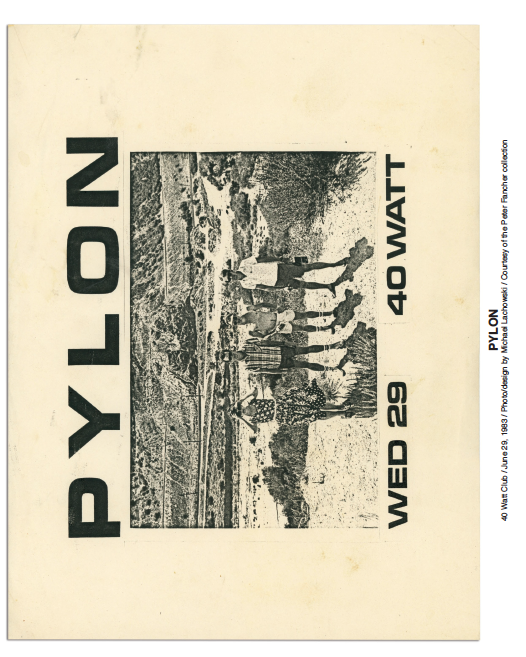
You say in the book kiosks were the way people found out what was going on in Athens. Describe how that felt compared with the way we discover shows now.
I dunno. I can only speak for myself which is I was, am and will always be a guy that relies on word of mouth. Flyers are fun to do and after Tr*mp won the White House, I mostly stayed off Facebook. I’ve edged back into it exclusively for this project, but yeah, I find most sources of “internet journalism” quite dubious, but then again, so were most magazines back in the 1980s.
Tell us about watching the Athens documentary in 1987. I also remember being blown away by the Bar-B-Q Killers when I saw it. What kind of impact did the doc have on you?
Athens GA Inside/Out had a profound effect on me. At the time I first saw it, I was living in York, PA, with no friends and just lurking at the local college radio station and just diving into music with all vigor. The scene in Athens just spoke to me. I don’t know how else to put it. The BBQ Killers were the punch in the neck that made me go “I need to move there.” Within a couple years, I had an Athens mailing address. Funny how that stuff works.
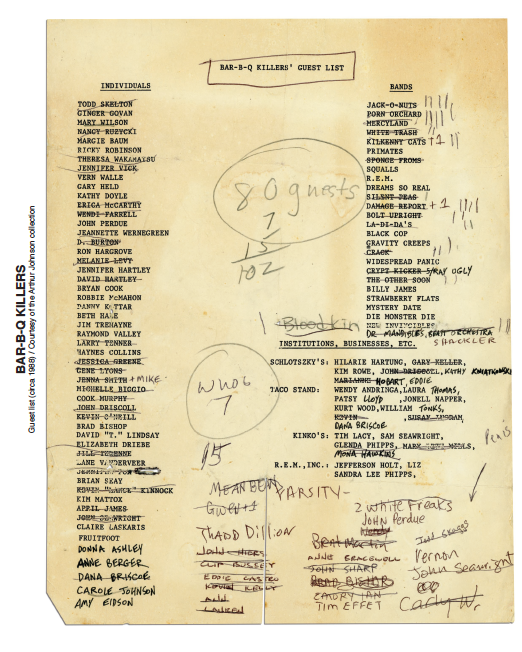
I lived in Richmond in the ’80s and it seemed like the SE indie scene had a big LGBTQ element to it (Now Explosion, B52s, etc.). What is the music scene in Athens like now and is that still the case?
God, can I just take a second to say that Pen Rollings is probably the coolest queer in Richmond? He and I have been pals for a long time and when I published an interview with him in Chunklet about 20 years ago, it just showed me how silly the fuss over sex/gender politics have become. ¶ As far as the queer scene in Georgia goes, in a word, it’s “fertile.” I love it. Then again, I’m a heteronormative male, so consider the source, am I right? ¶ As far as the contemporary scene goes, I don’t feel like I’m an authority on the subject, but I do love that whoever you want to kiss or fall in love is no more important than the color of your eyes. Life is to live. I love to be in a community where everybody is allowed to just be who they are. Hard stop.
Were there particular flier makers or bands that excelled at this art form? Like Ron Liberti in the Triangle, kind of like a signature person behind many?
Man, that’s a tricky question to answer succinctly, but I’ll try. I’m cursed with being a designer, so of course I look at the general information hierarchy of a flyer, but I am also very infatuated with Dada and outsider art. If a flyer is good, it’s good. If a flyer sucks, it sucks. I fancy myself a lower case “c” collector of records, and that has afforded me an ability to size up a band or flyer based on their work. ¶ As far as proper designers go, I really tried to avoid using their work as it really fell outside of what was attractive to me. Not a single designer’s work is used seen more than three times in the entire book. That was a challenge, but also an opportunity to show even that much more instead of keeping things somewhat monochromatic.
Are there shows or exhibitions that go along with this book?
I’d love to, but nobody has asked!
Is it true there is another one on the way about Atlanta? How is that progressing?
Dude, it’s in proofing! Goes to print next week! Cranking out two books in five months. That’s not too bad.
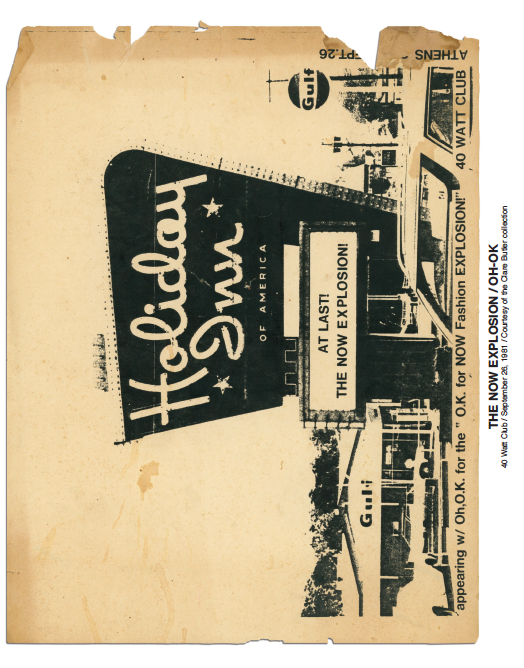
There are some libraries around the country, such as DCPL, that really take good care of music history, using it in a way that the public can interact with it. What is your goal with these documents, not that you own them?
Y’see, I don’t know the answer to that question, but I can say definitively that my goal is to have all of this material live eternally. I’ve been in touch with GSU, Emory and UGA about migrating the assets I’ve already scanned. My biggest aversion is that of bureaucracy and Zoom meetings. I just want to do the work. If some grad student wants everything I’ve digitized to make a database or whatever? By all means! I just am finding that to be brass tacks stuff.
What are some fliers that you personally own and are prize possessions?
God, before this project I had few. Seriously.
However, there’s some people that have been unbelievably generous and given me just gem after gem. The stuff I am most attracted to isn’t the big names, but those that I just love. For instance, Athens band Limbo District’s flyers are my favorite and I think I own one! And I cherish it! I have so many folders of this stuff, but my goal for all of this is to have it in museums. Not today, but eventually.
Is that your daughter listed as an editor of the book? How did you involve her in the whole process?
God damn right! Look, I did Chunklet. I can say anybody is involved. Shit, I am doing this to have fun, and my 10-year-old daughter has been a good sport so yeah, I’m giving her an associate editor credit. Although she doesn’t do much except put books in padded envelopes, I do love involving her in my life.
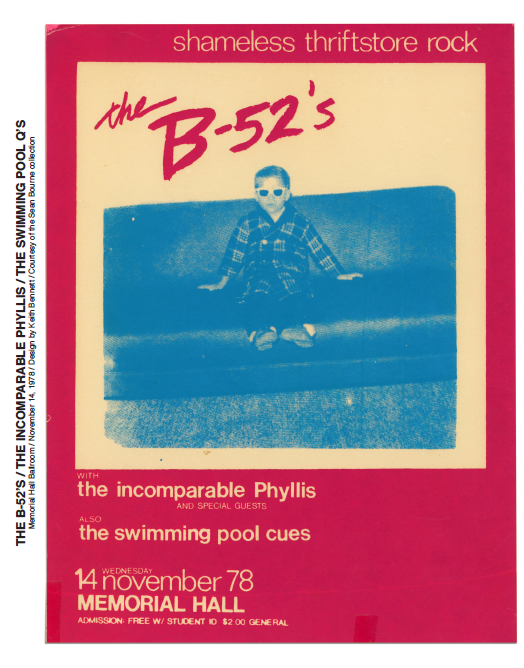
What’s your favorite Athens band from 1992 and now?
From 1992? Oh god, that would be Harvey Milk. Maybe the JackONuts. Synthetic Flying Machine (which became Neutral Milk Hotel and the Olivia Tremor Control) didn’t figure into my life until 1993, but they’re another top favorite. ¶ From now? God, tough question. So many to choose from. I’m an enormous fan of Linqua Franqa. She’s like the MC5, but a one-person badass.
How long has/was Chunklet been around?
Chunklet started in 1993. Modestly. And it crept forward until issue 20. Cranked out some books. Kept doing stuff under the Chunklet moniker out of laziness. And so here we are 29 years later and yeah, I’ve put out over 100 records, 20 issues of a magazine, four books, several DVDs, probably put on 1000 shows. What was the question again?
What’s going on with your label?
I really don’t know. It’s just a hobby that just keeps going forward. I just haven’t met many people who have told me “no” when I ask if I can put out a record with them. I’m like a kid in a candy store.
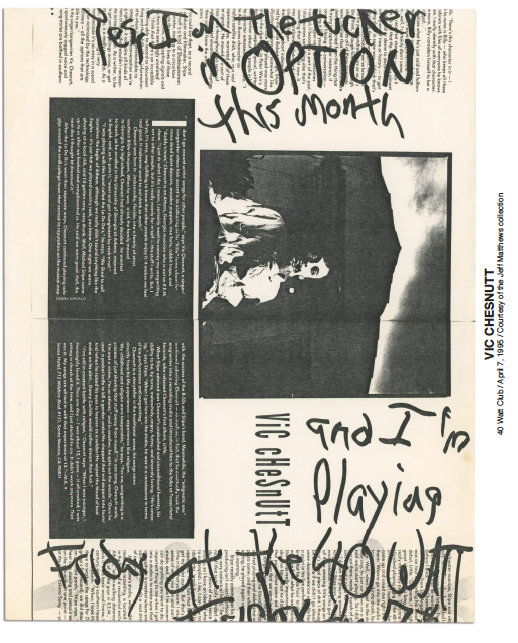
Are you a trained designer or self-taught?
Never took a single class. Entirely self-taught.
How did the internet help you make the book?
I used the internet (and social media specifically) exclusively as a tool. Finding people with the material is the biggest challenge and those people are usually one degree of separation away from somebody on Facebook or whatever. I just fucking loathe looking at Facebook as the final resting place for any of this stuff. Fuck that. I just have been using it to find people. That’s it.
Where can we get the book?
Either the Chunklet website or my bandcamp site. A few stores carry it, but the vast majority of the 500 copies of Plus 1 Athens’s first printing were sold direct to customers.
Any other books you’d like to mention you’re working on? Or future plans?
I think the Atlanta book is it. As you’ve become aware of over the past year, I’m a designer of the impending Steve Keene Art Book we both worked on. I’m quite delighted with it. But then again, I’m a working designer. And I work! ¶ As far as future plans…..a lot has kind of been popping up. I’m going to do a book of Georgia flyers once the Atlanta book is done only because I have so goddamned many, and all these podunk towns have one or two flyers and I think it a beautiful love letter to the state I call home. ¶ Otherwise, I’ve been in the preliminary stages of doing similar books on Baltimore and Pittsburgh. Both are cities near and dear to my heart. I’ve also been doing some work on a similar book on Alabama because again, it’s very near and dear to me. Cut me some slack, I started this eight months ago! It’s a work in progress! CF

